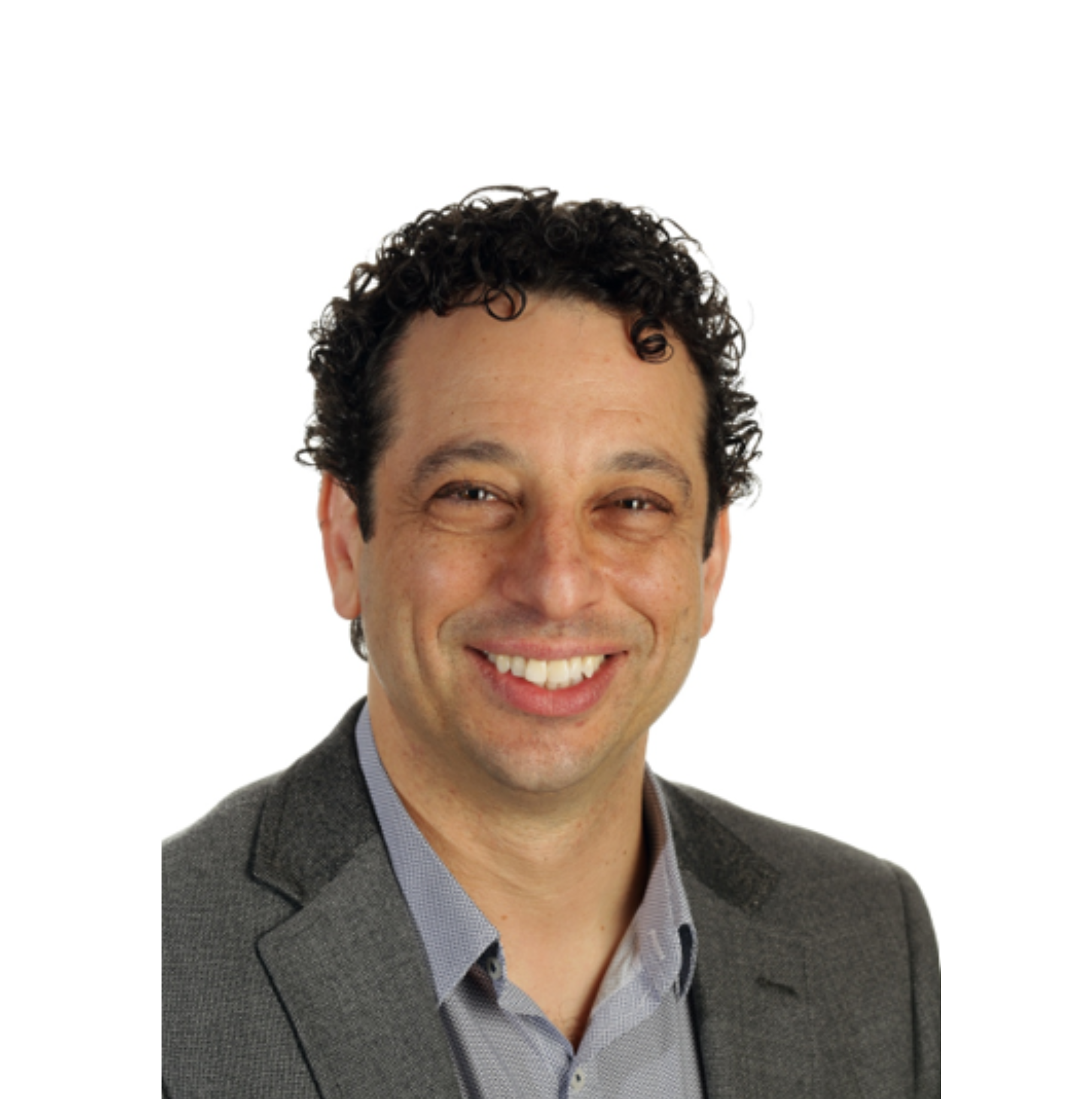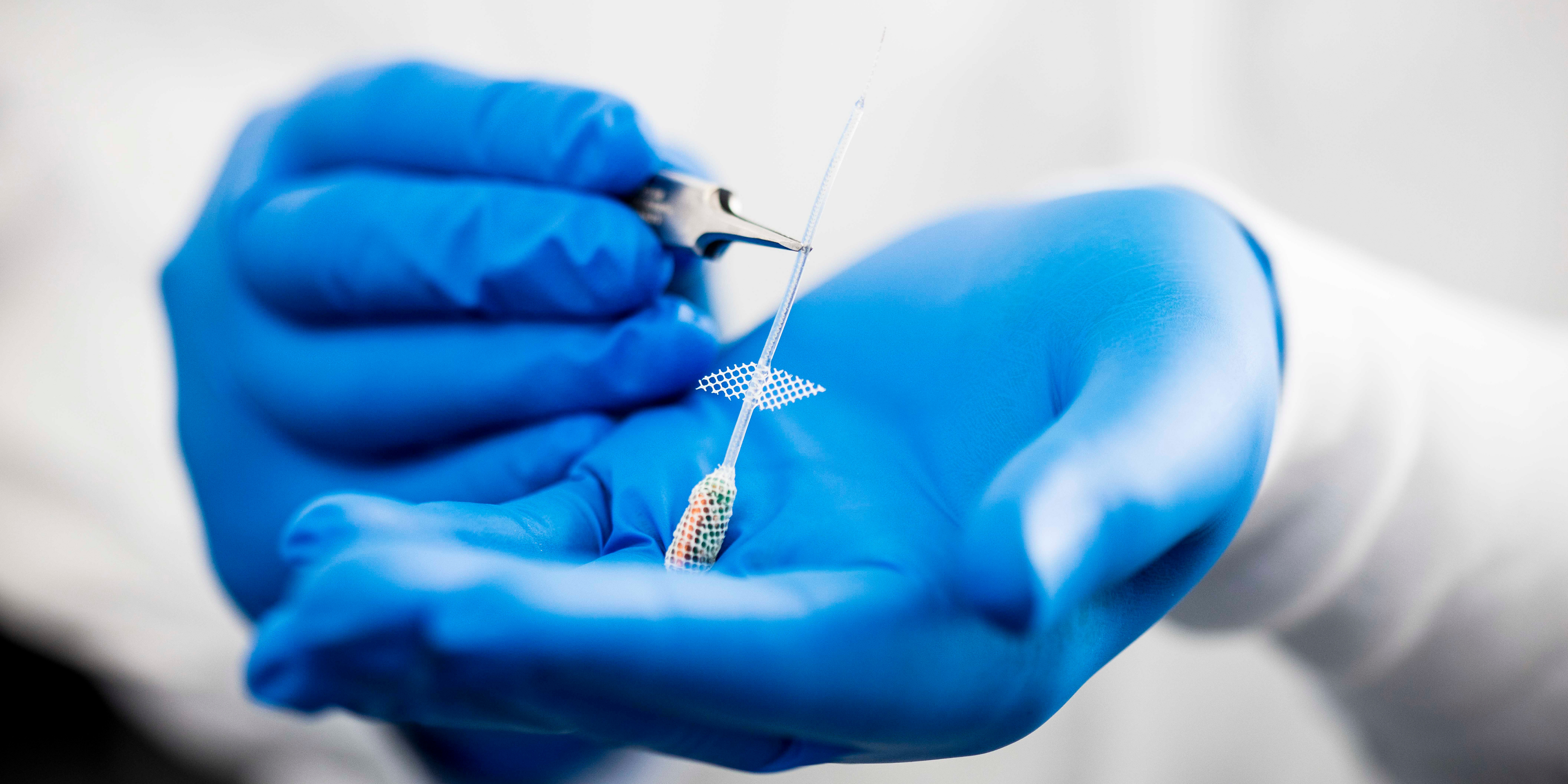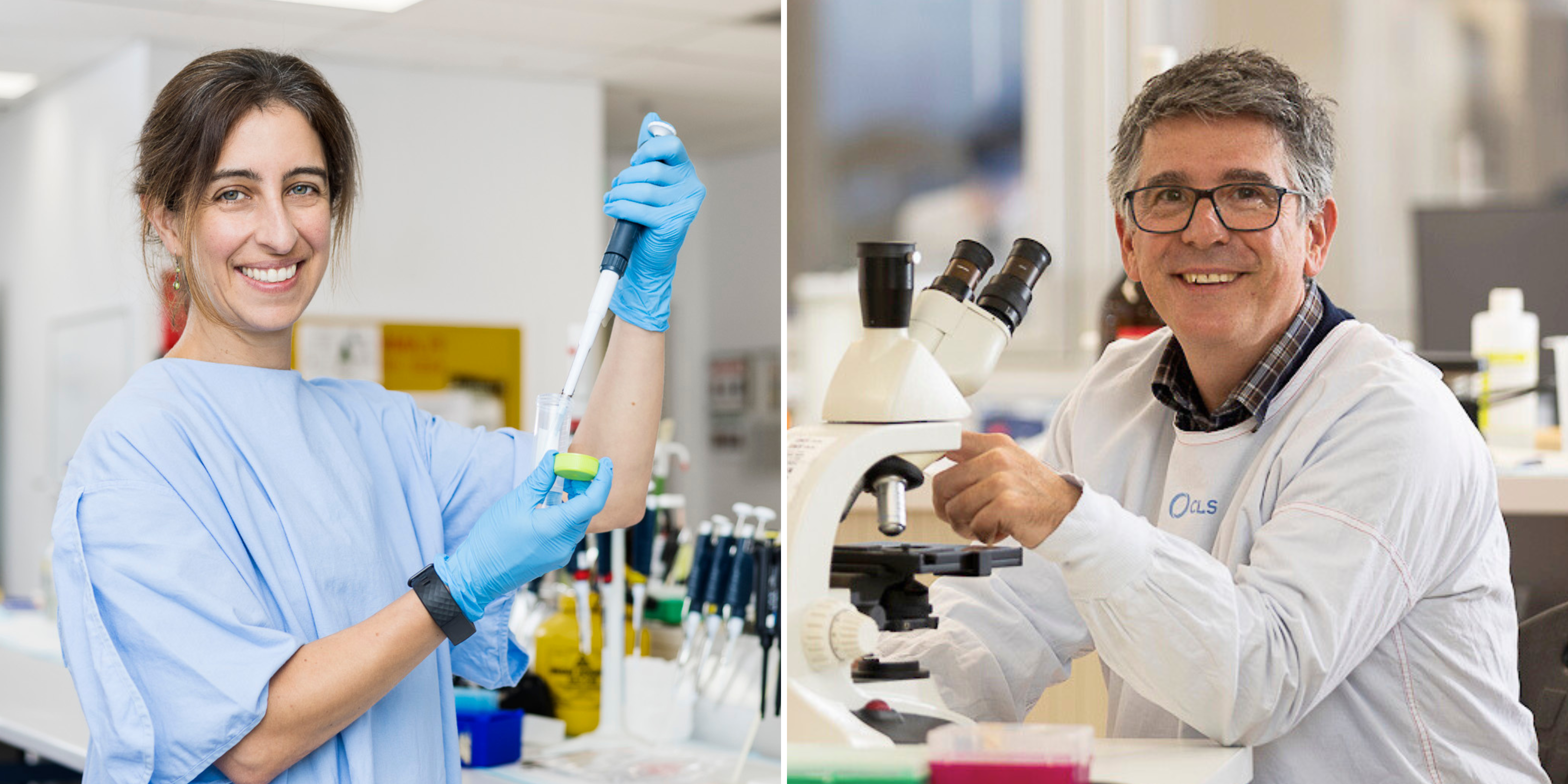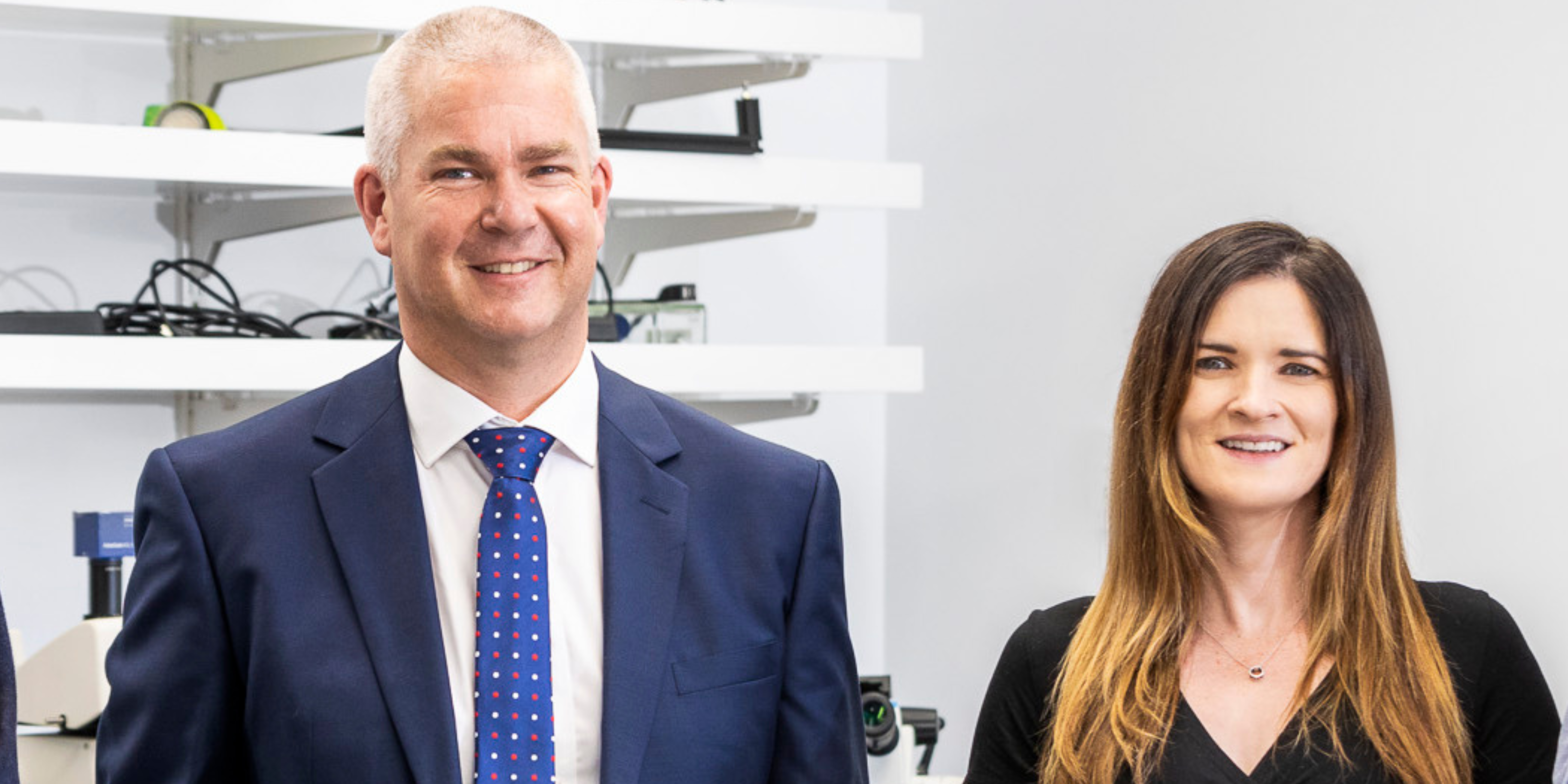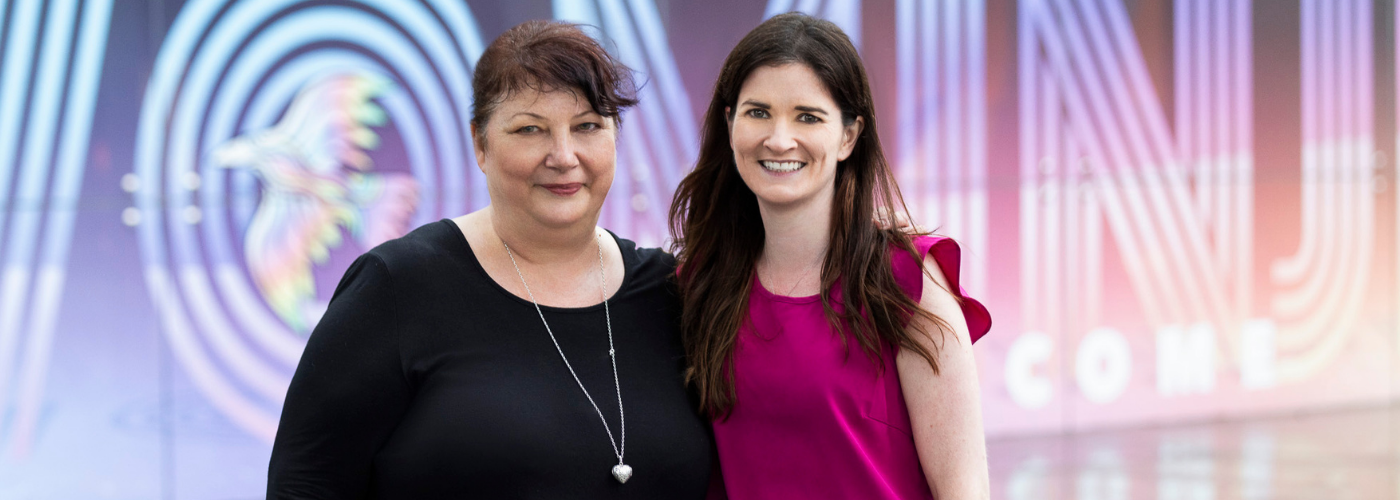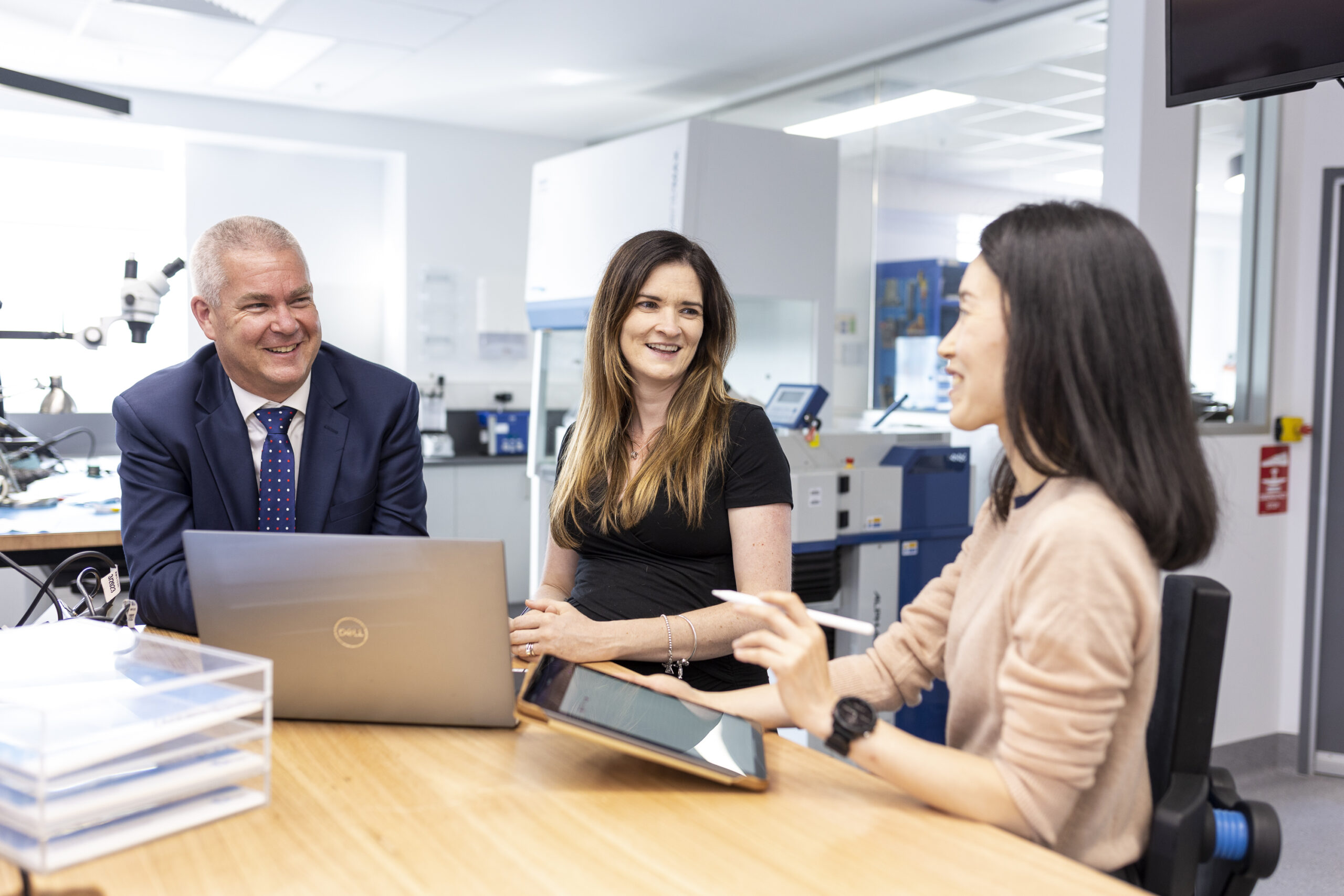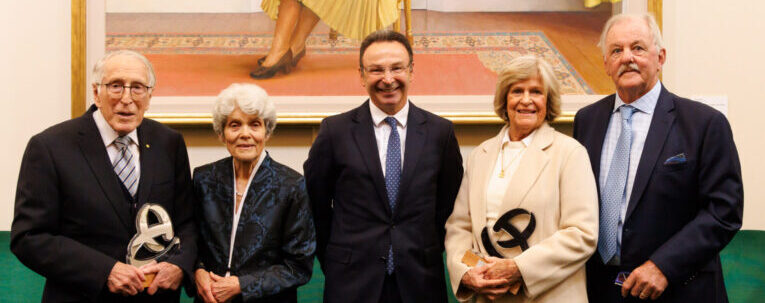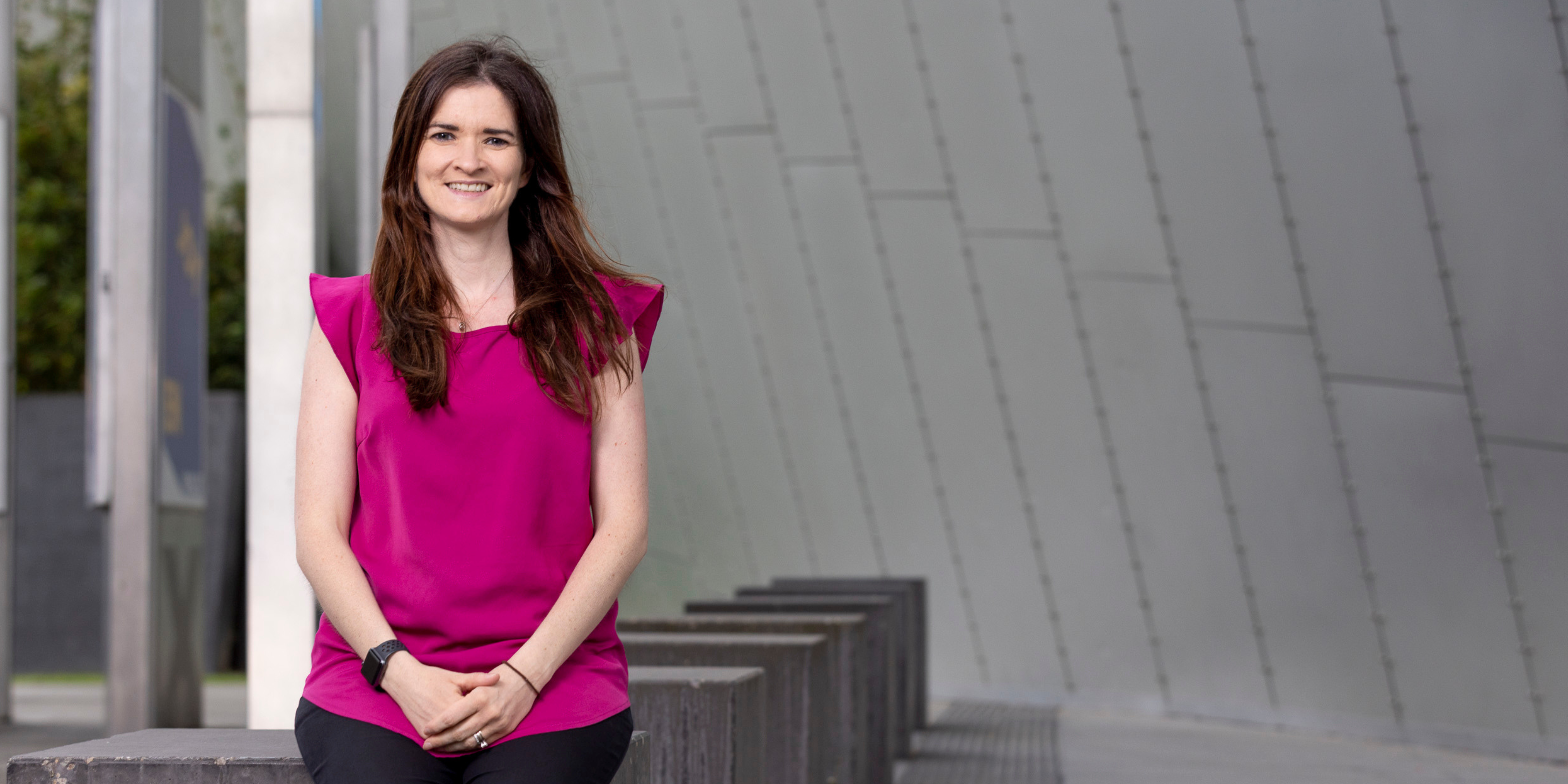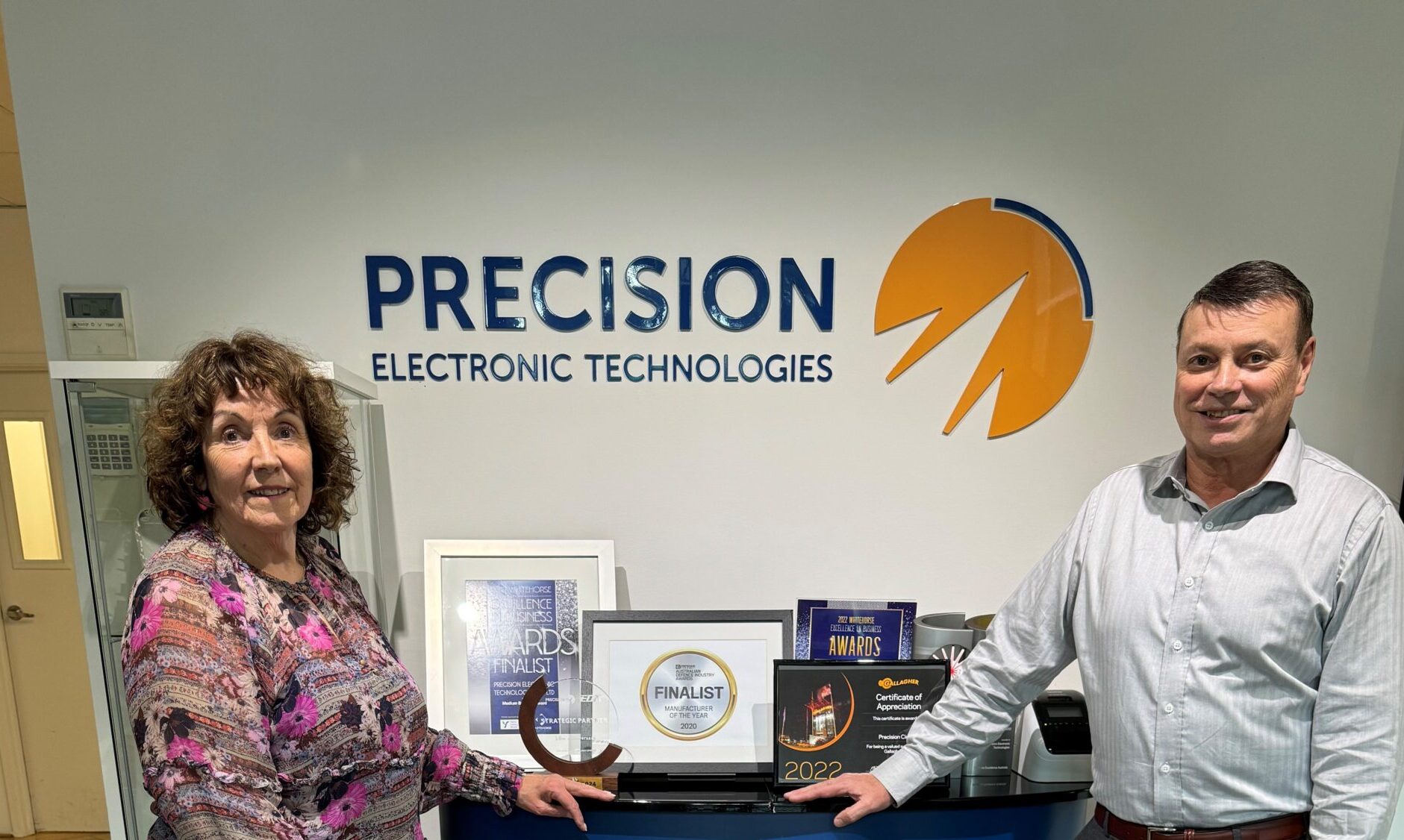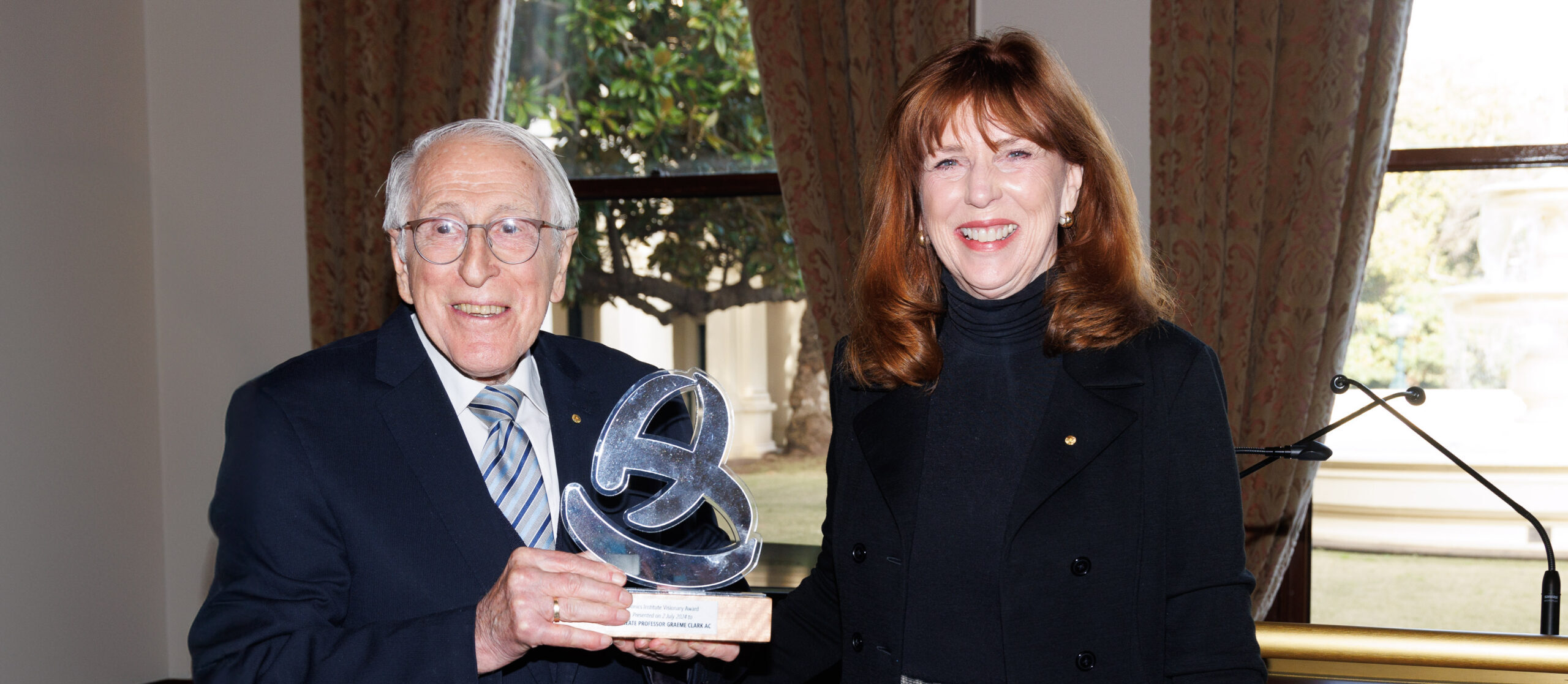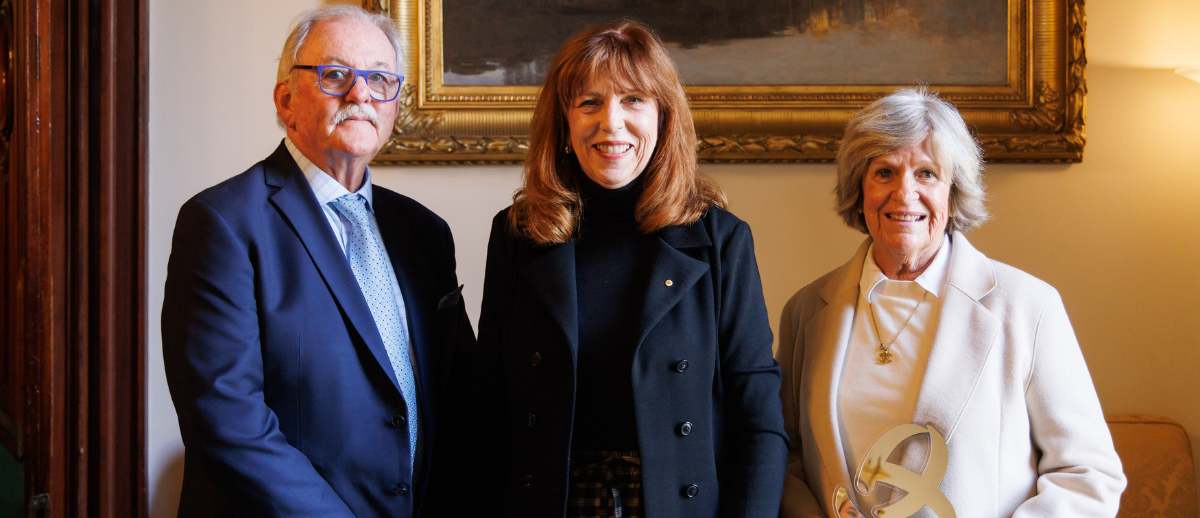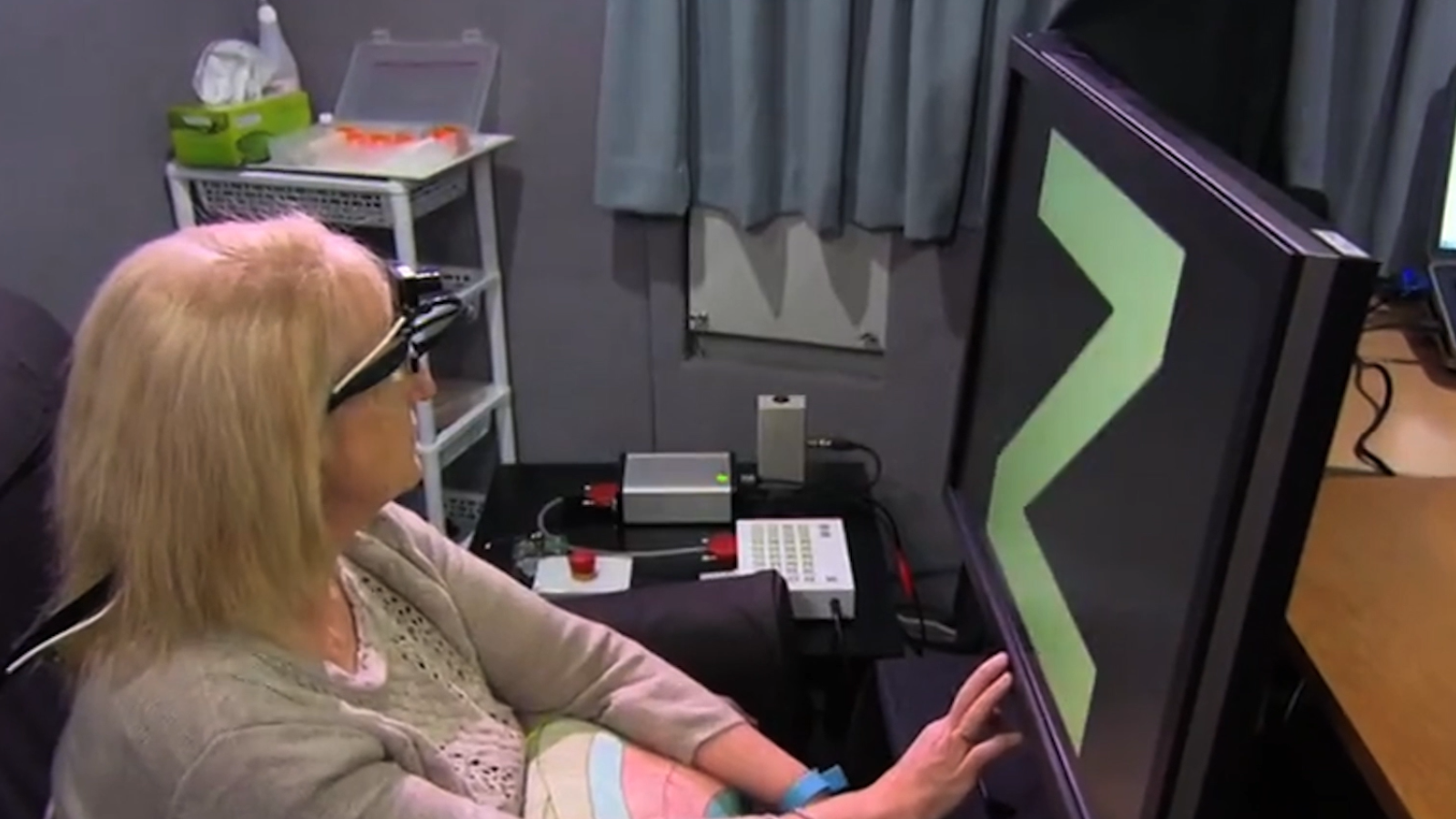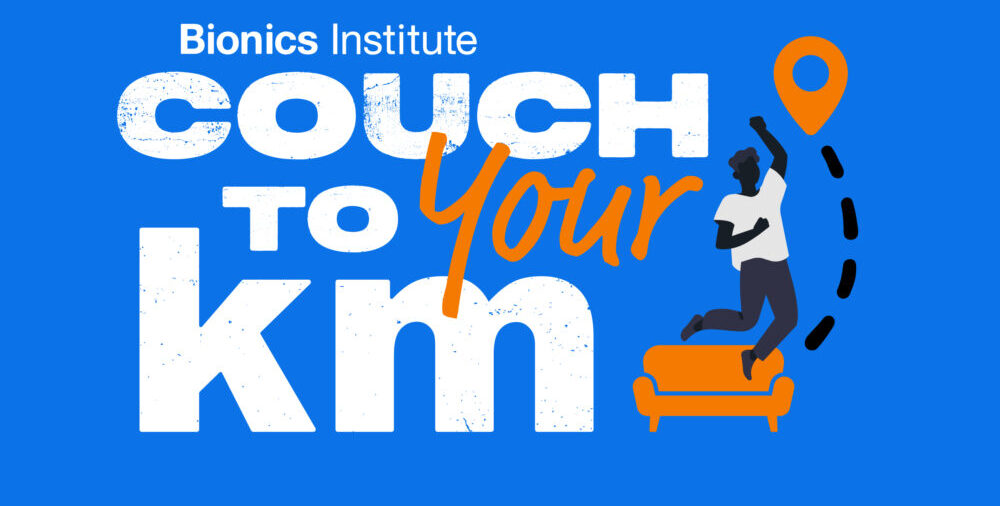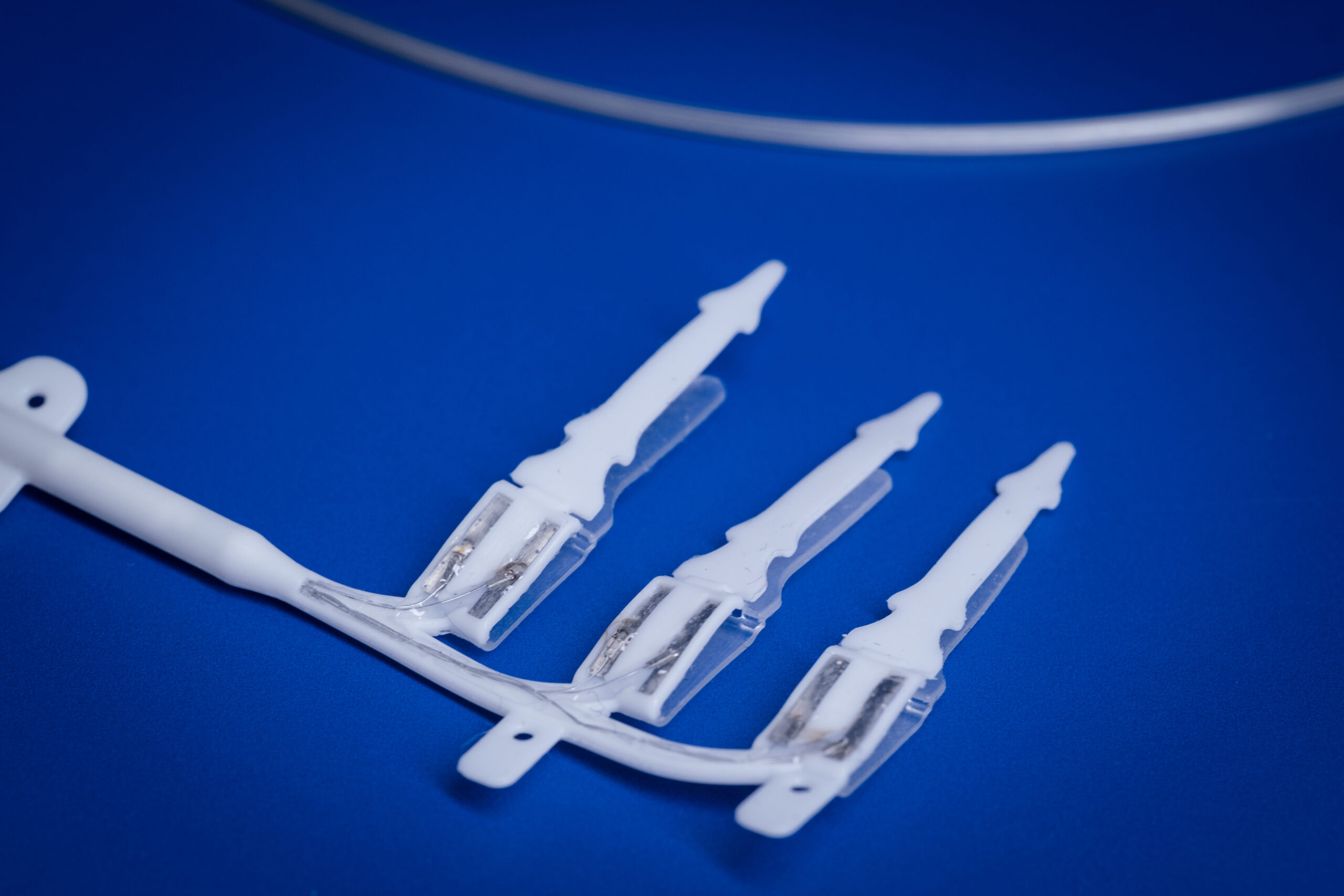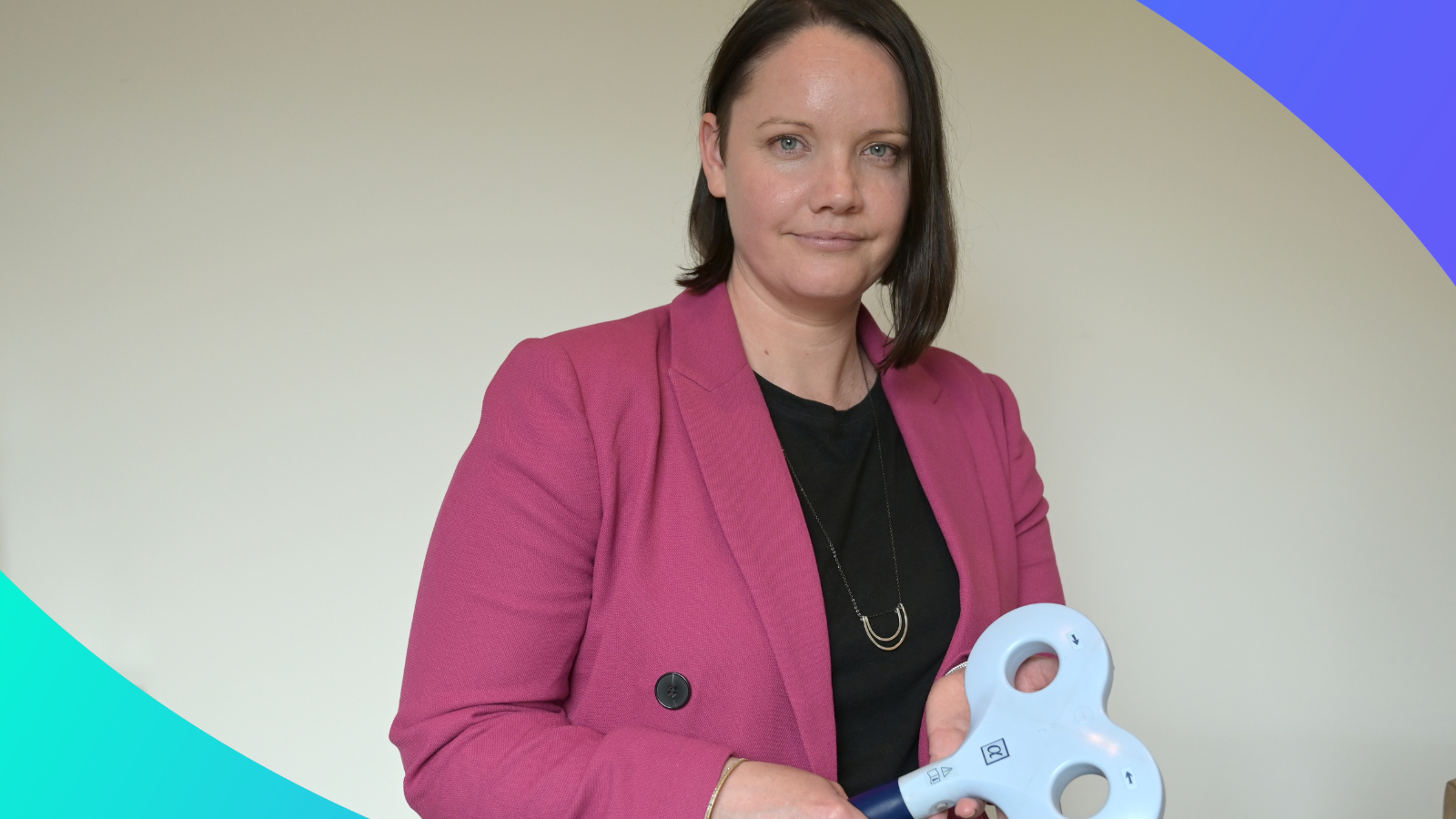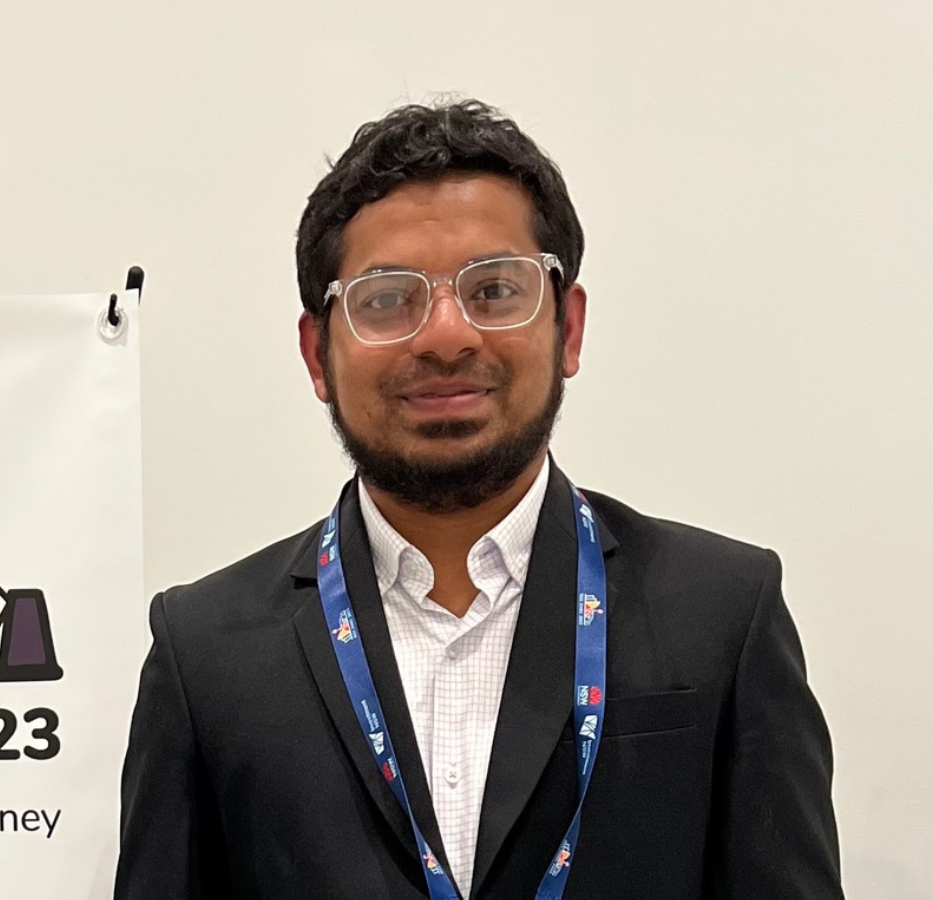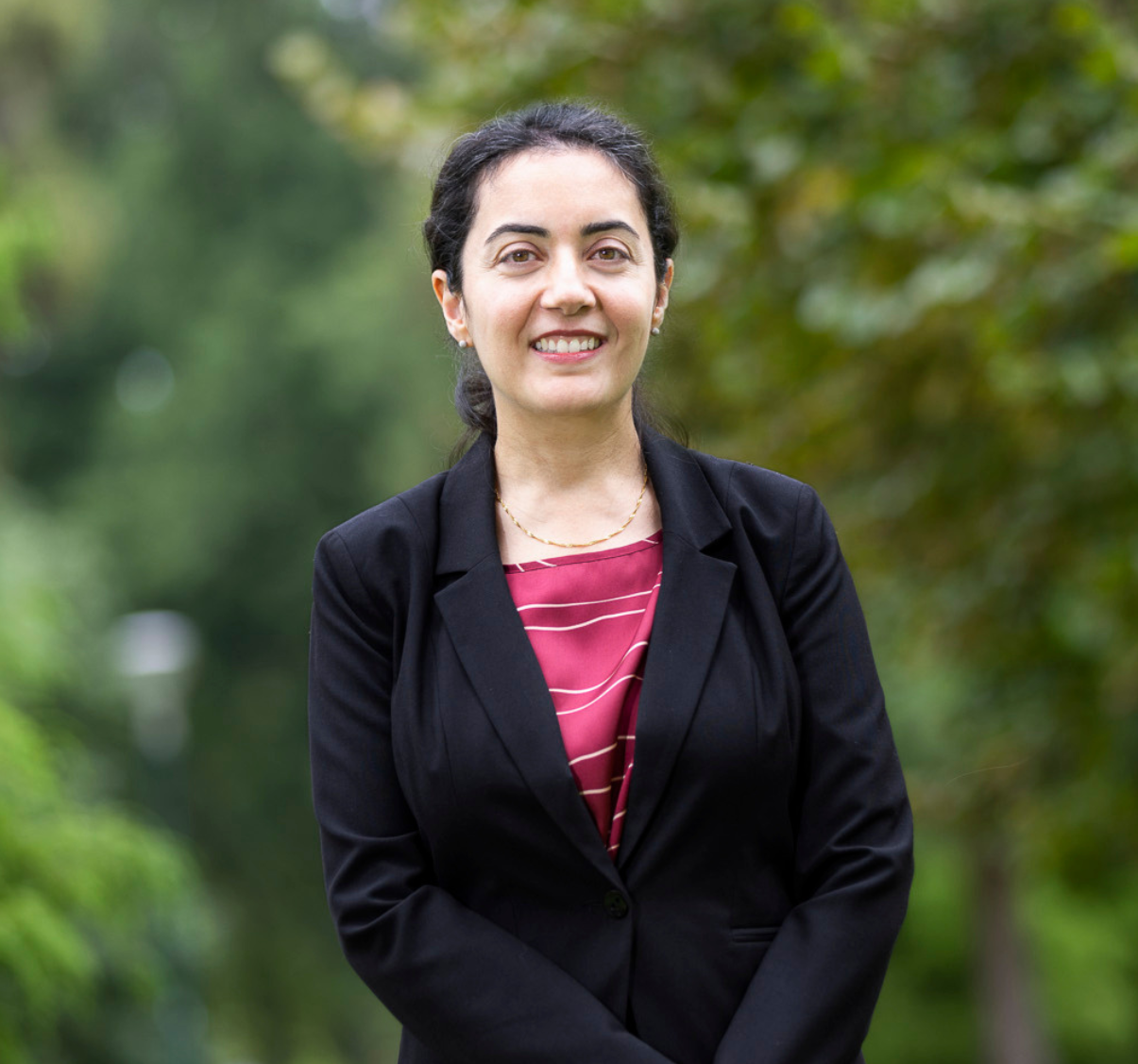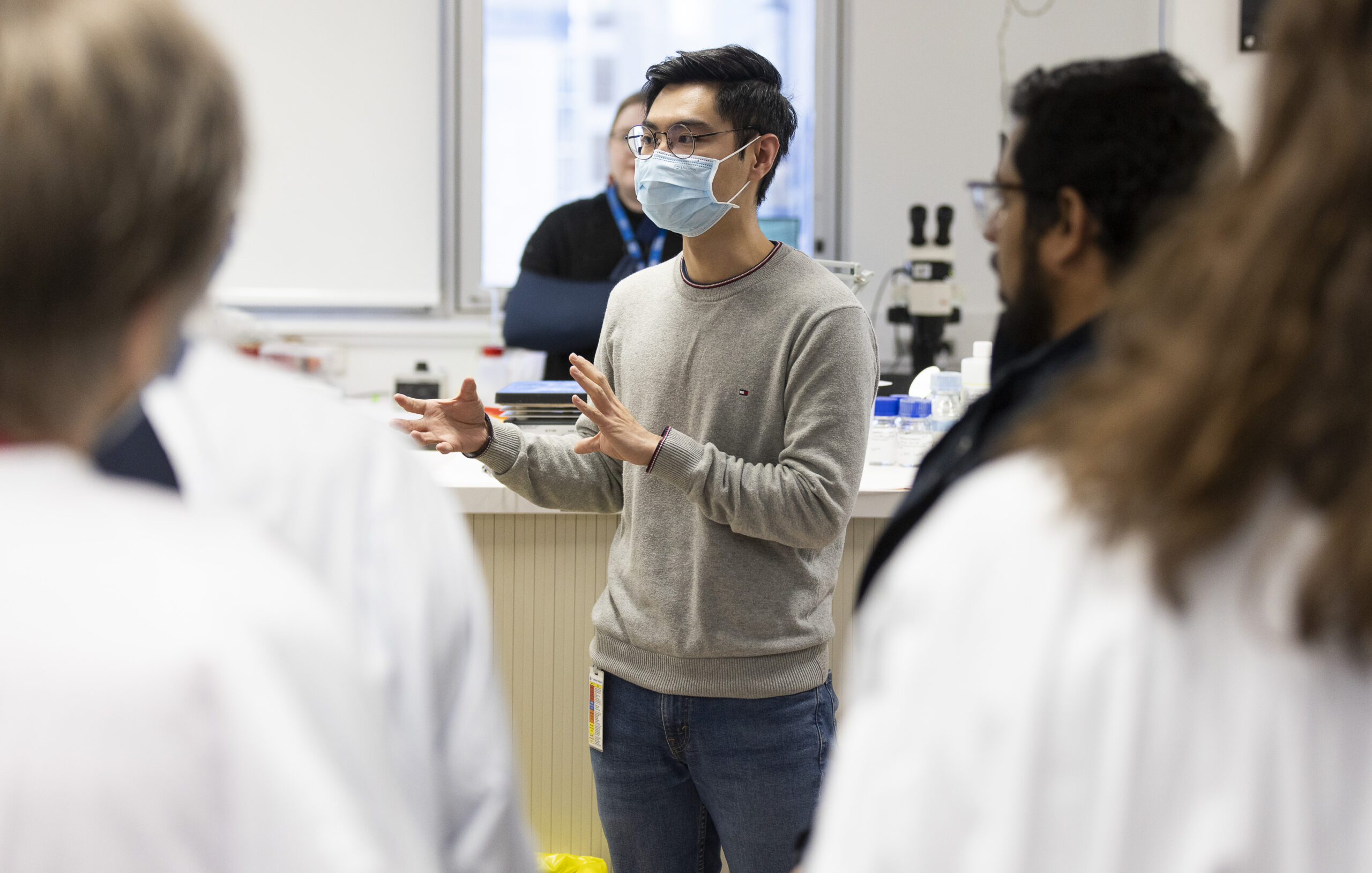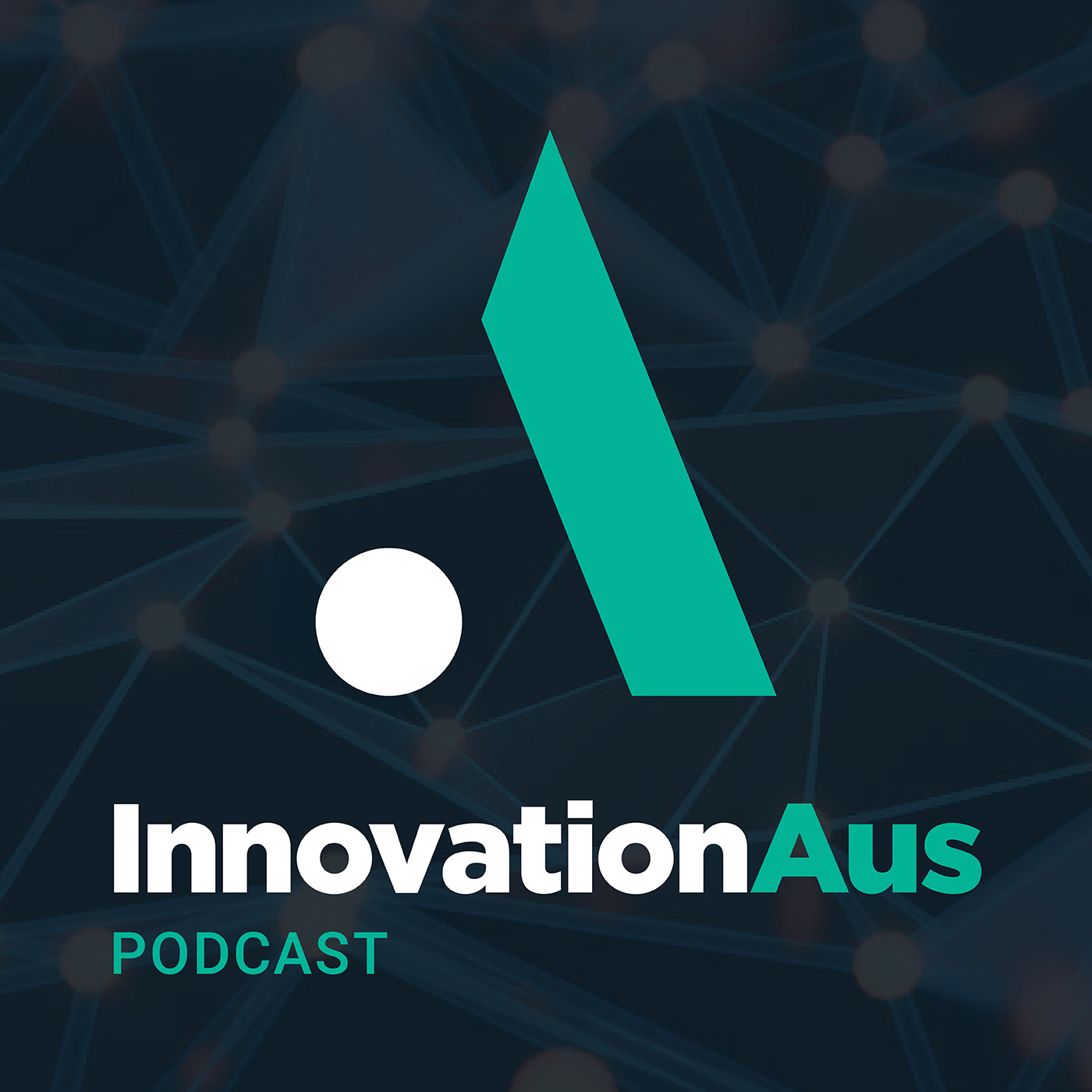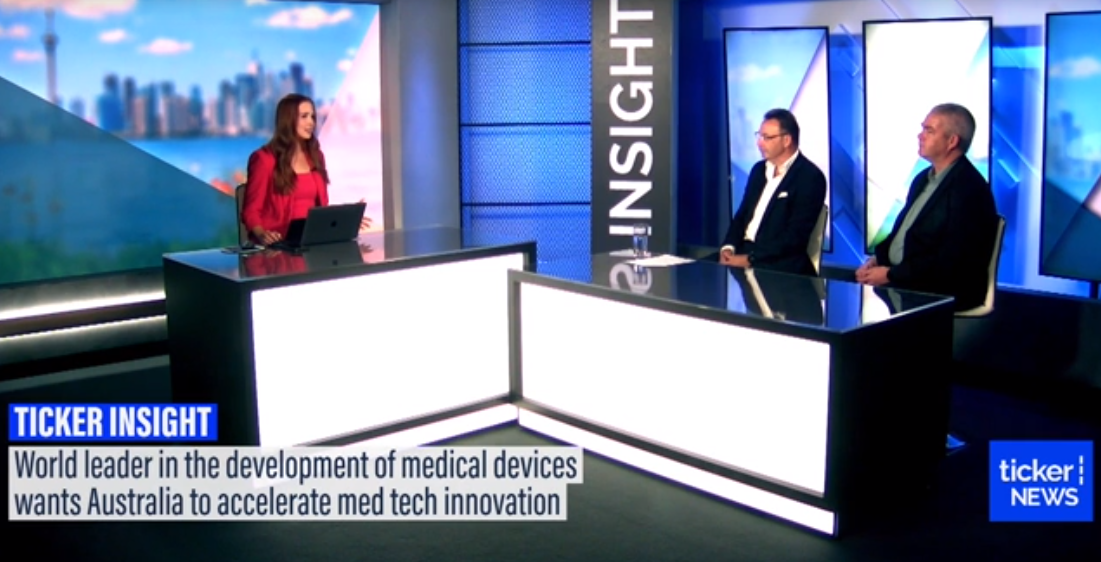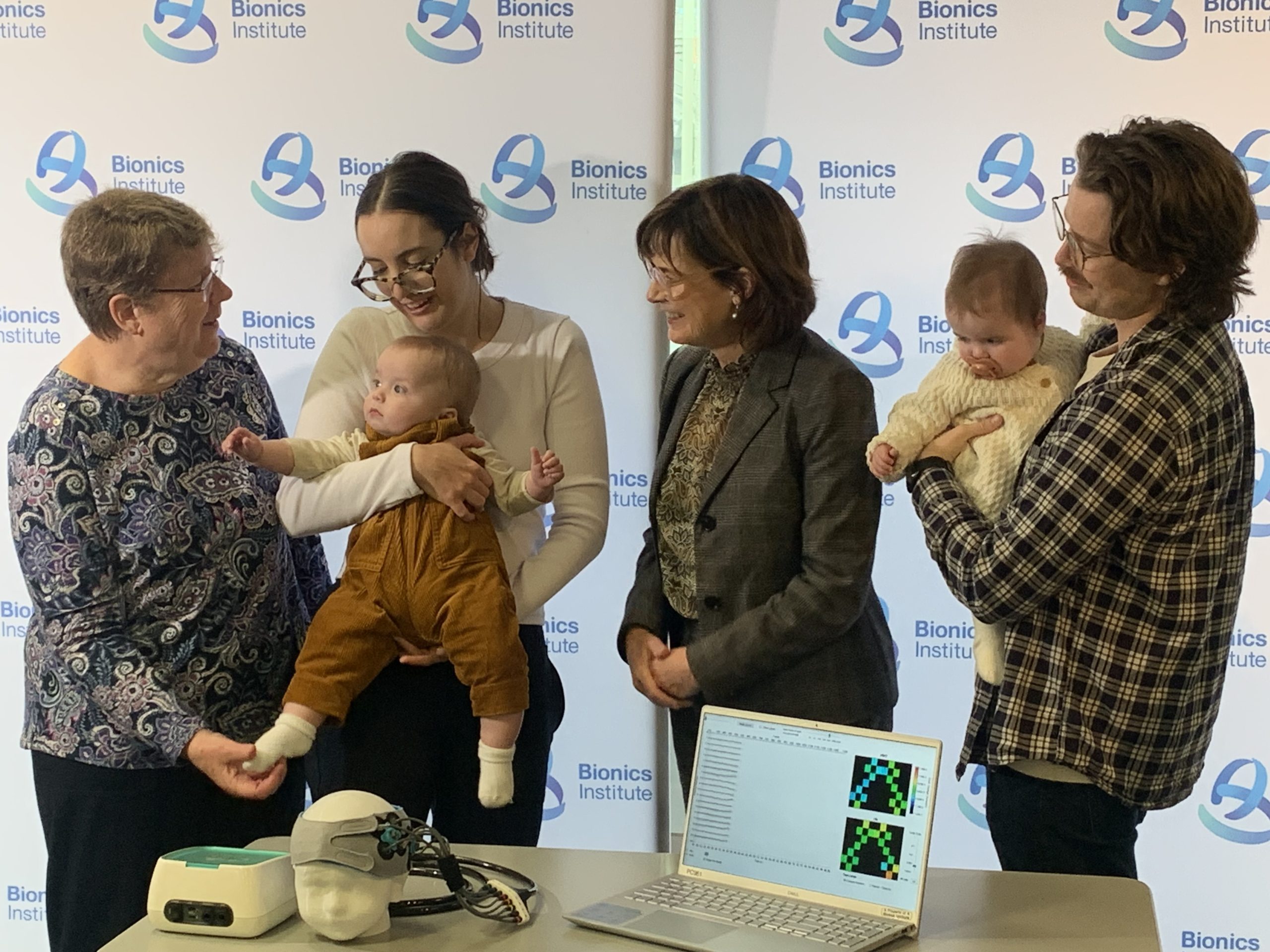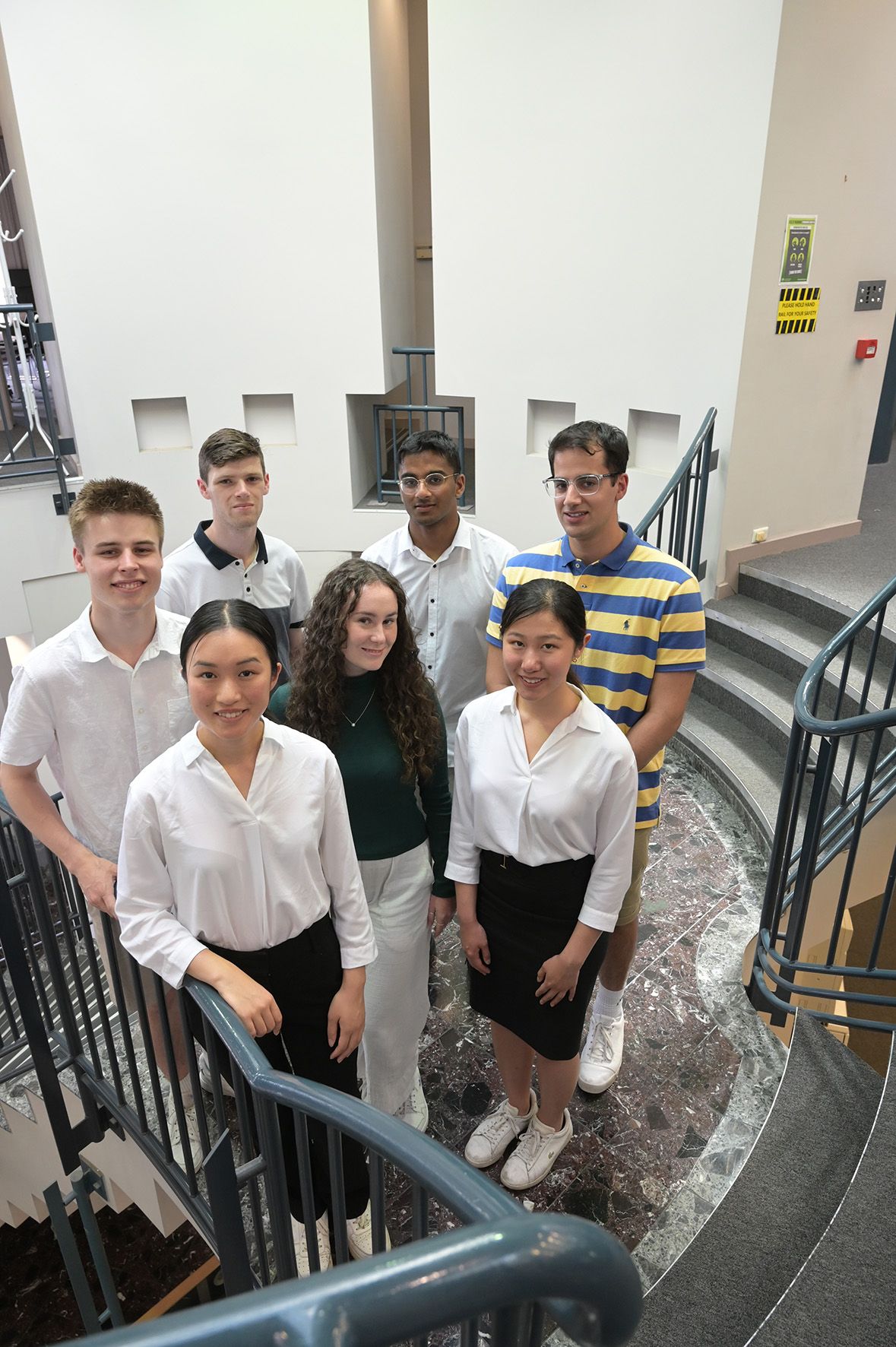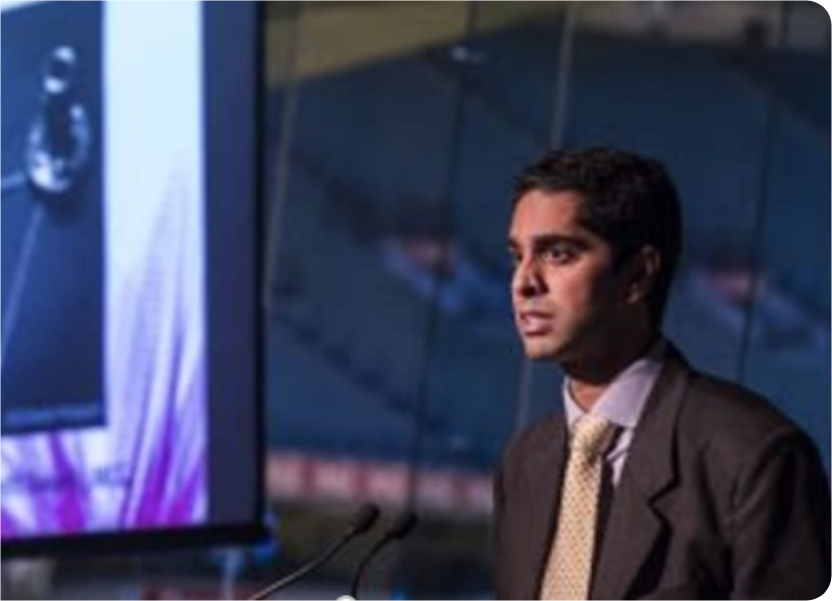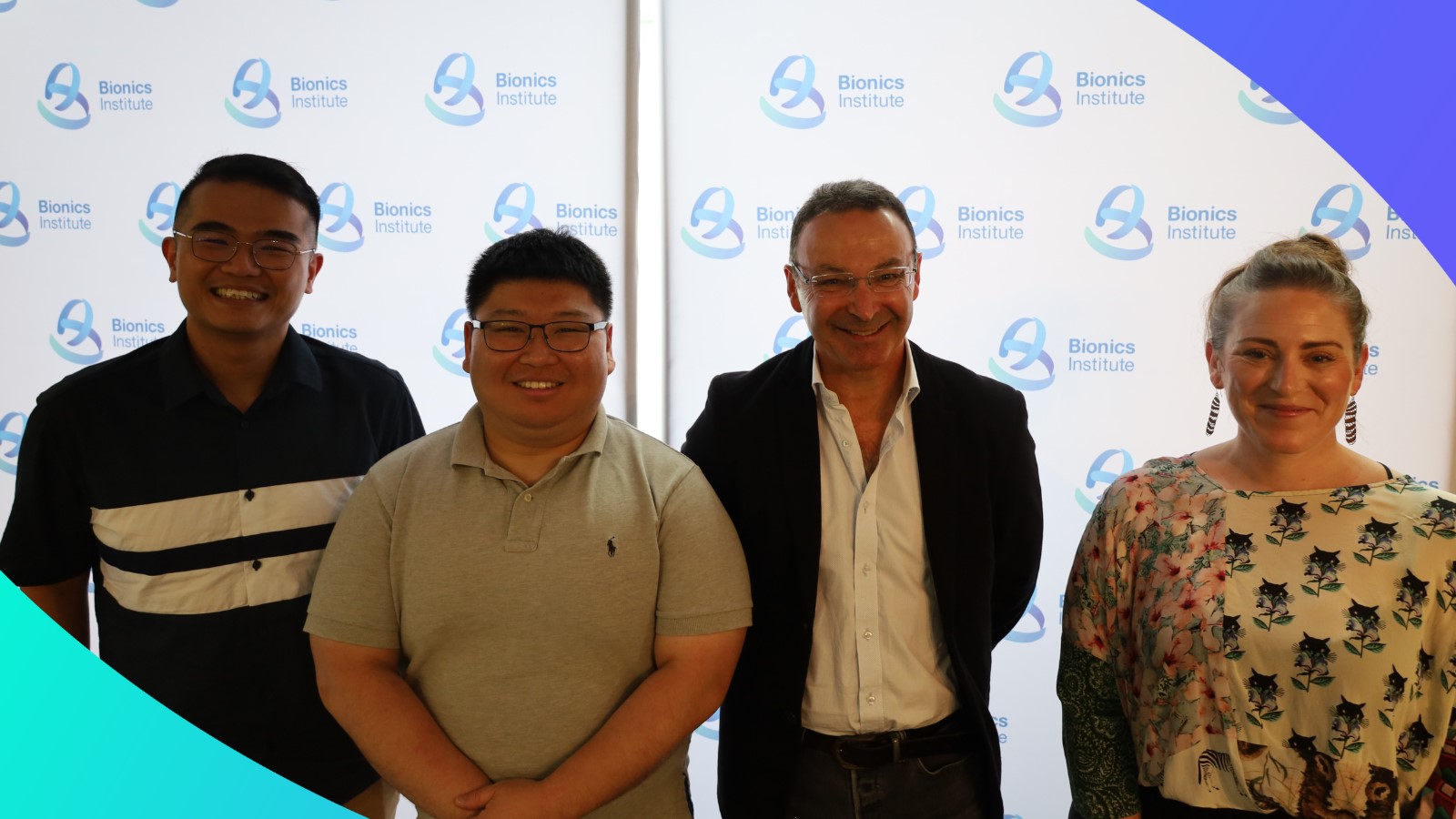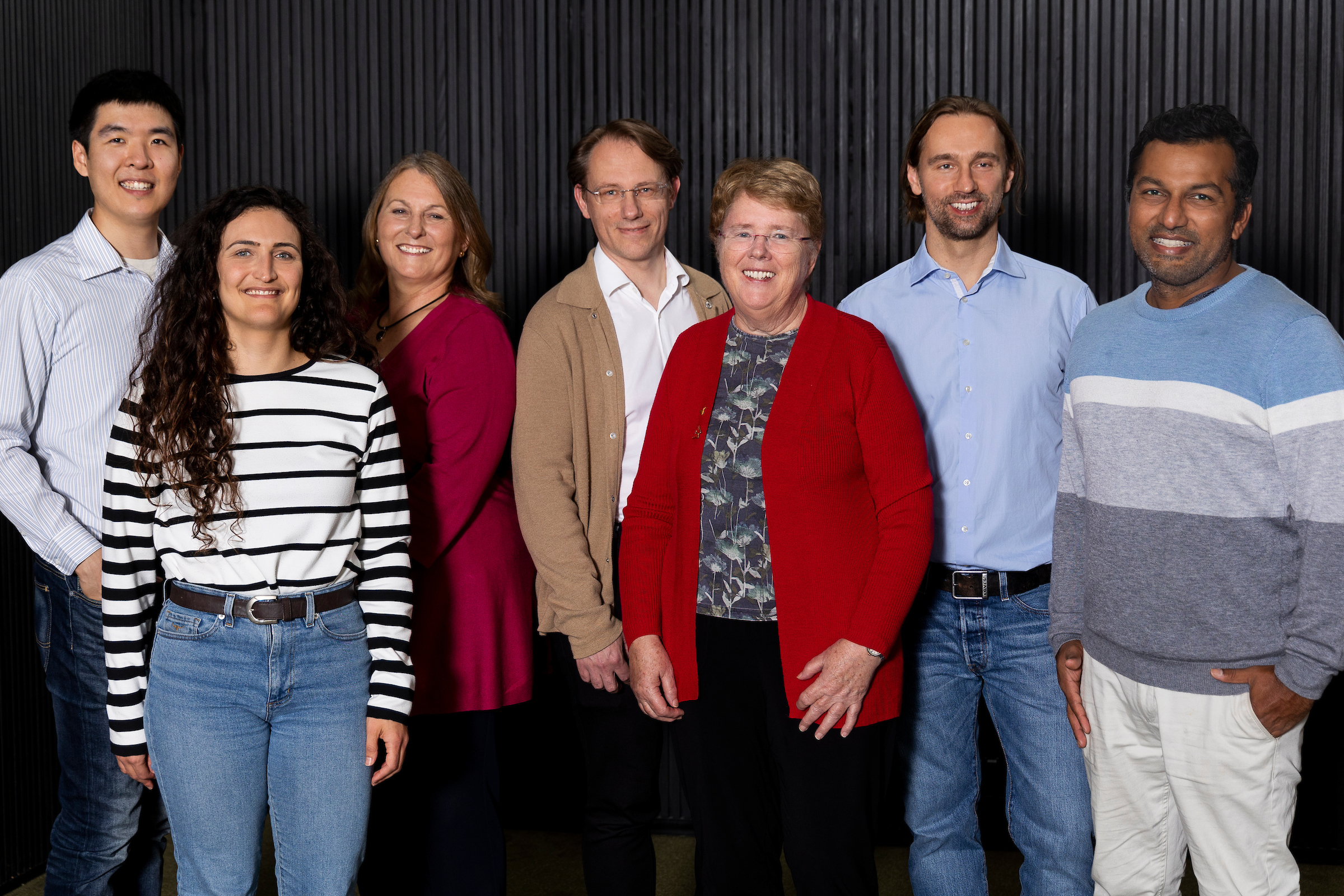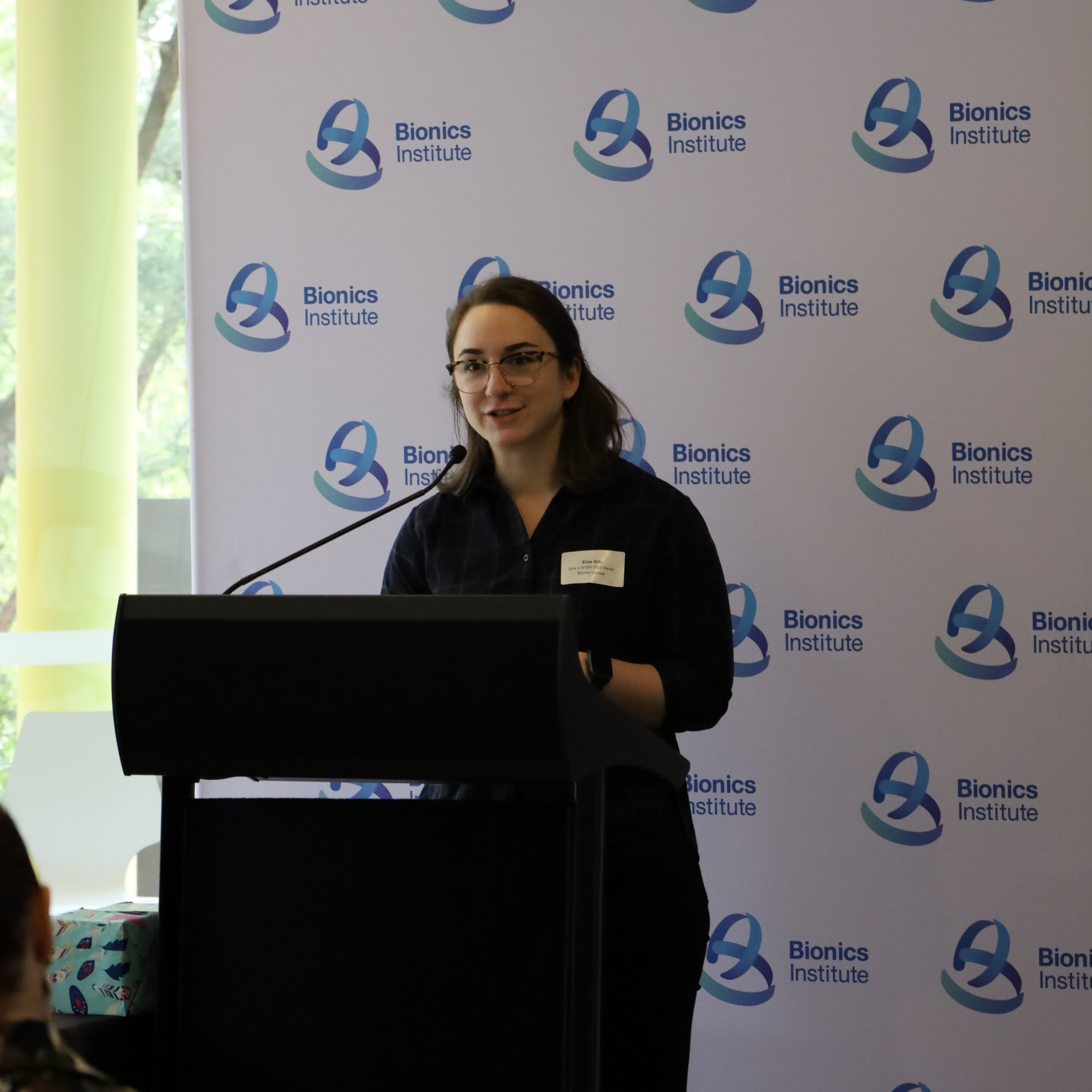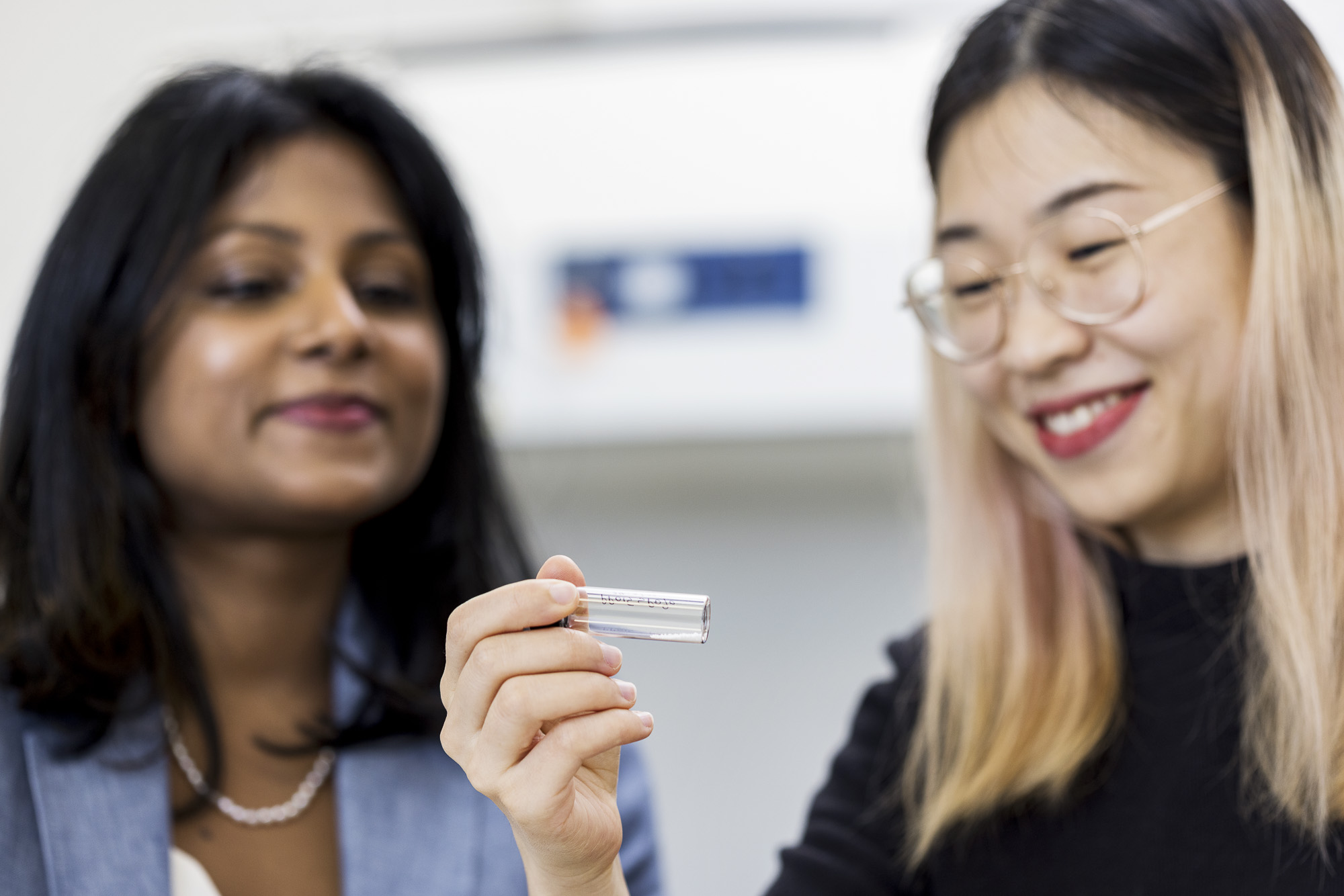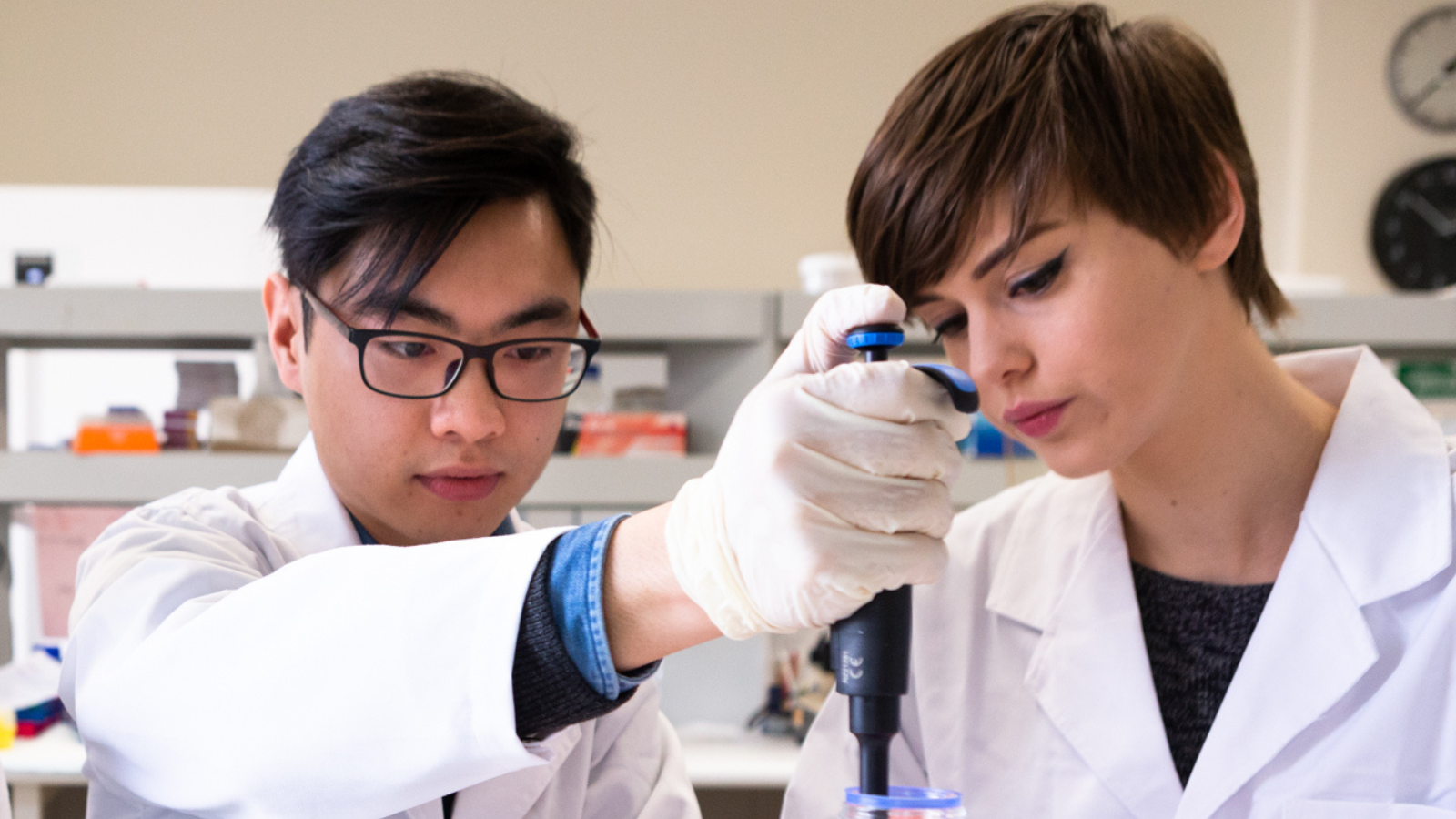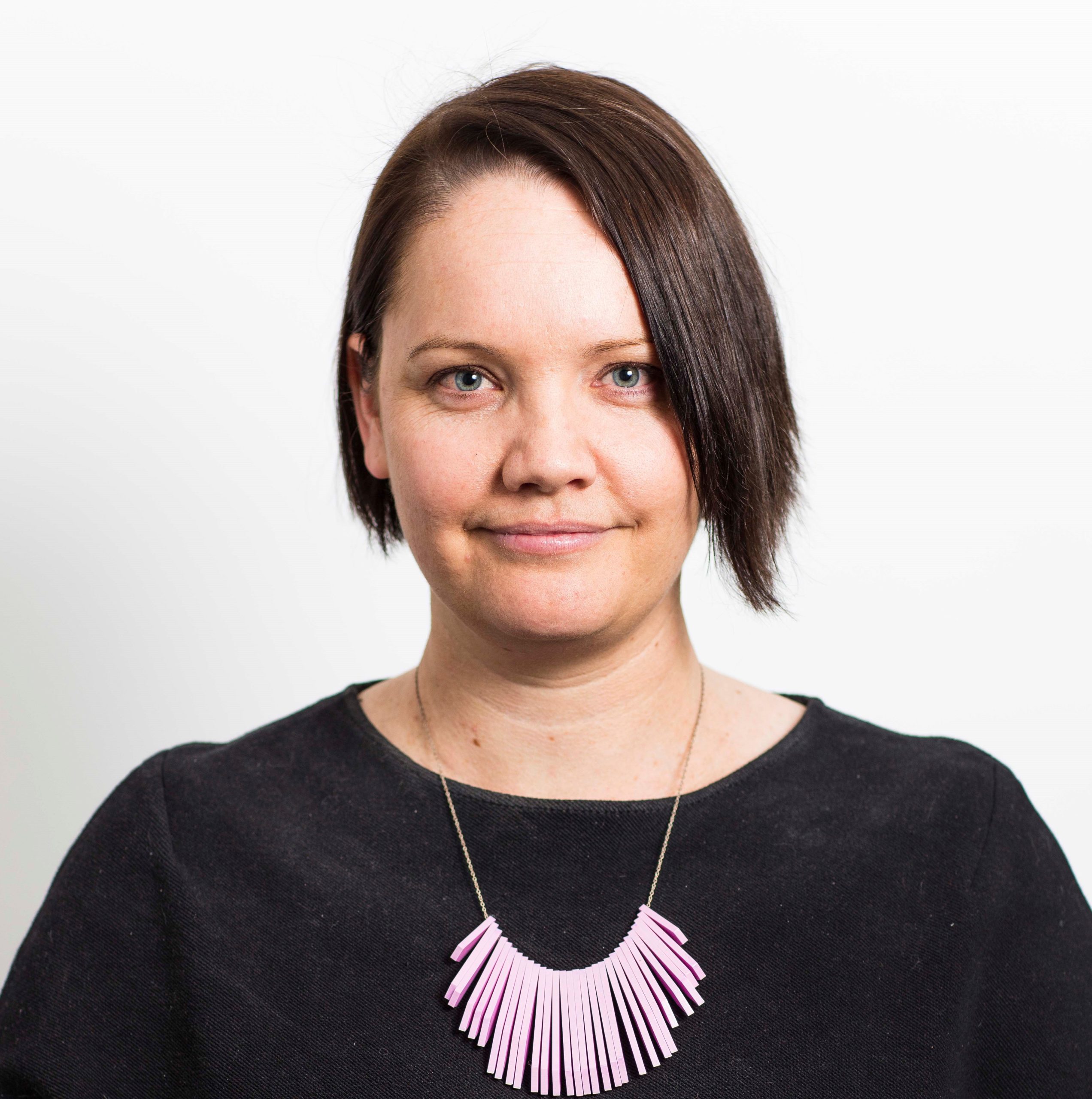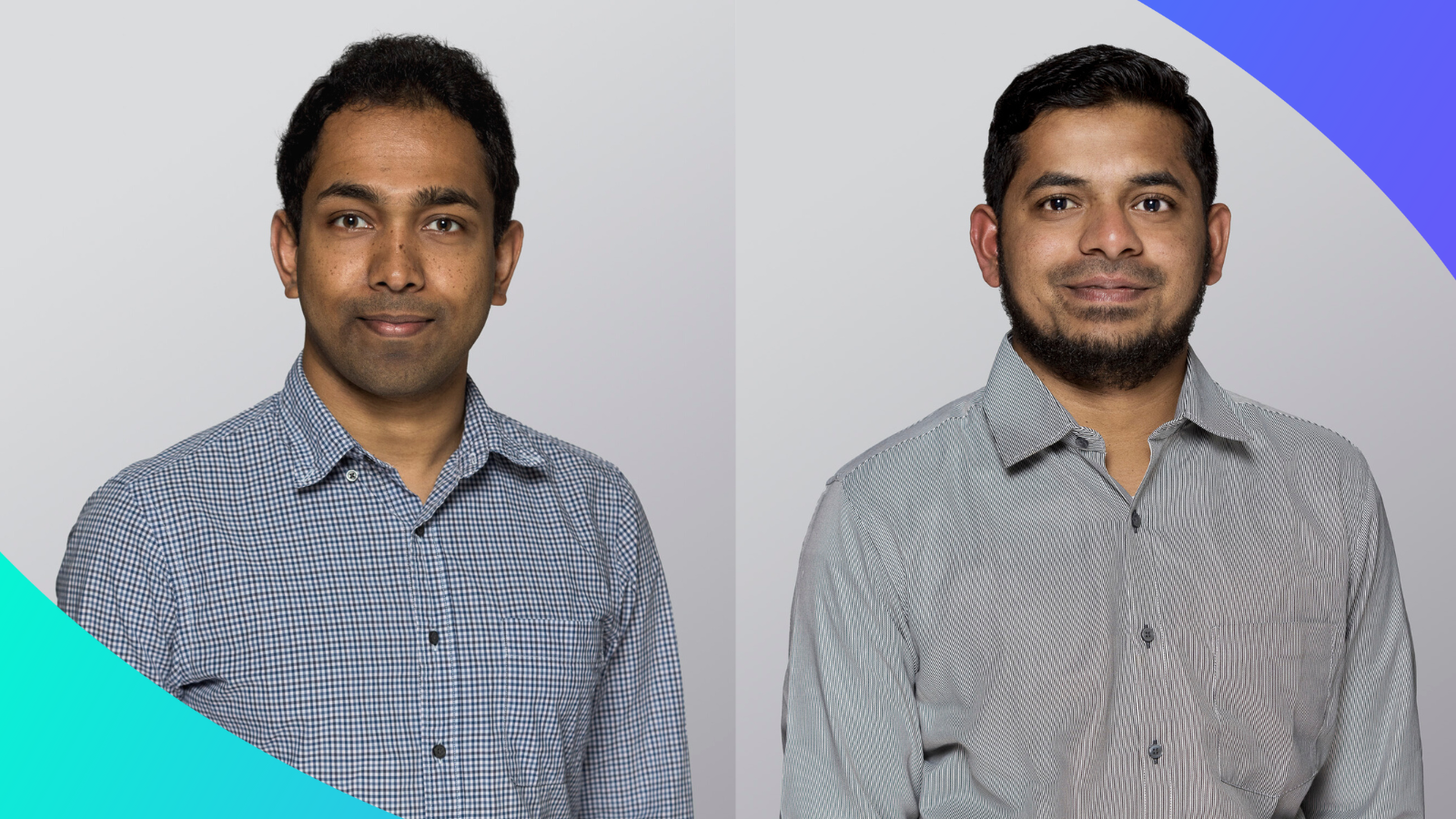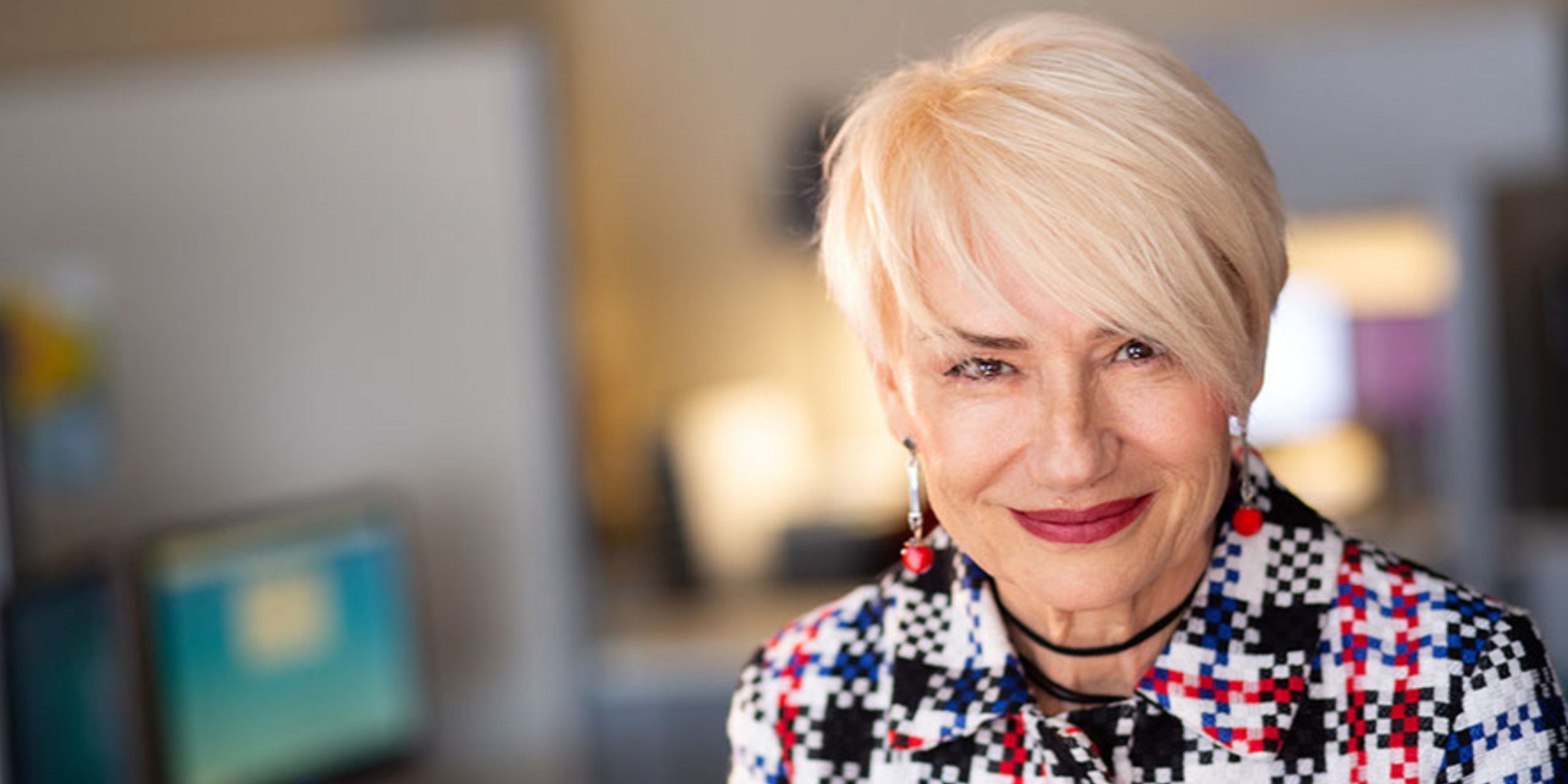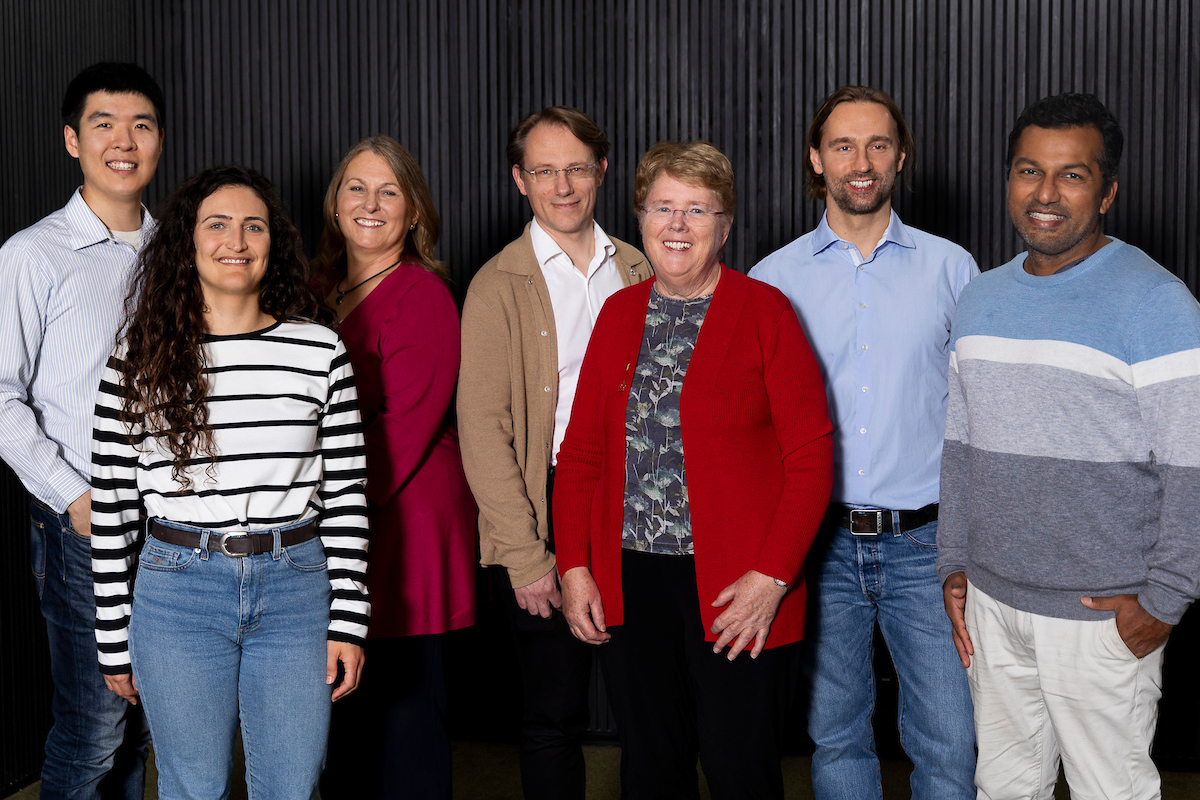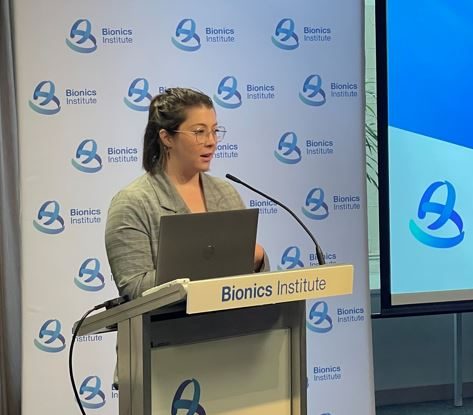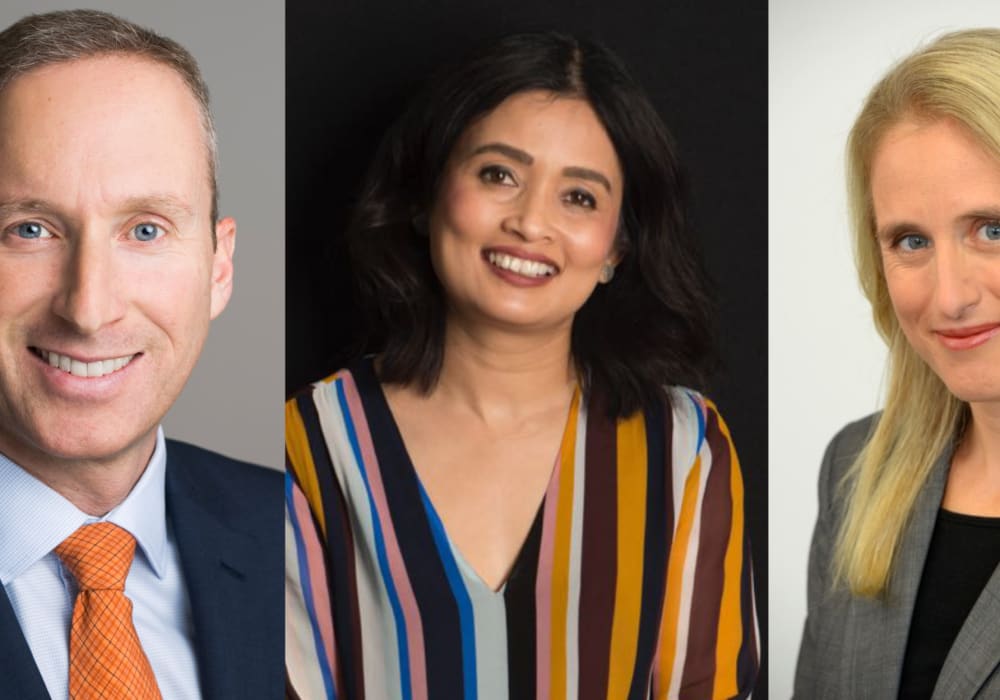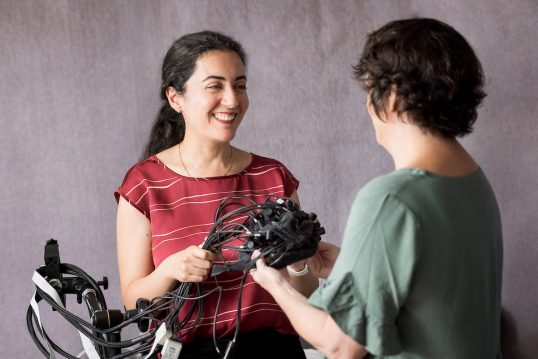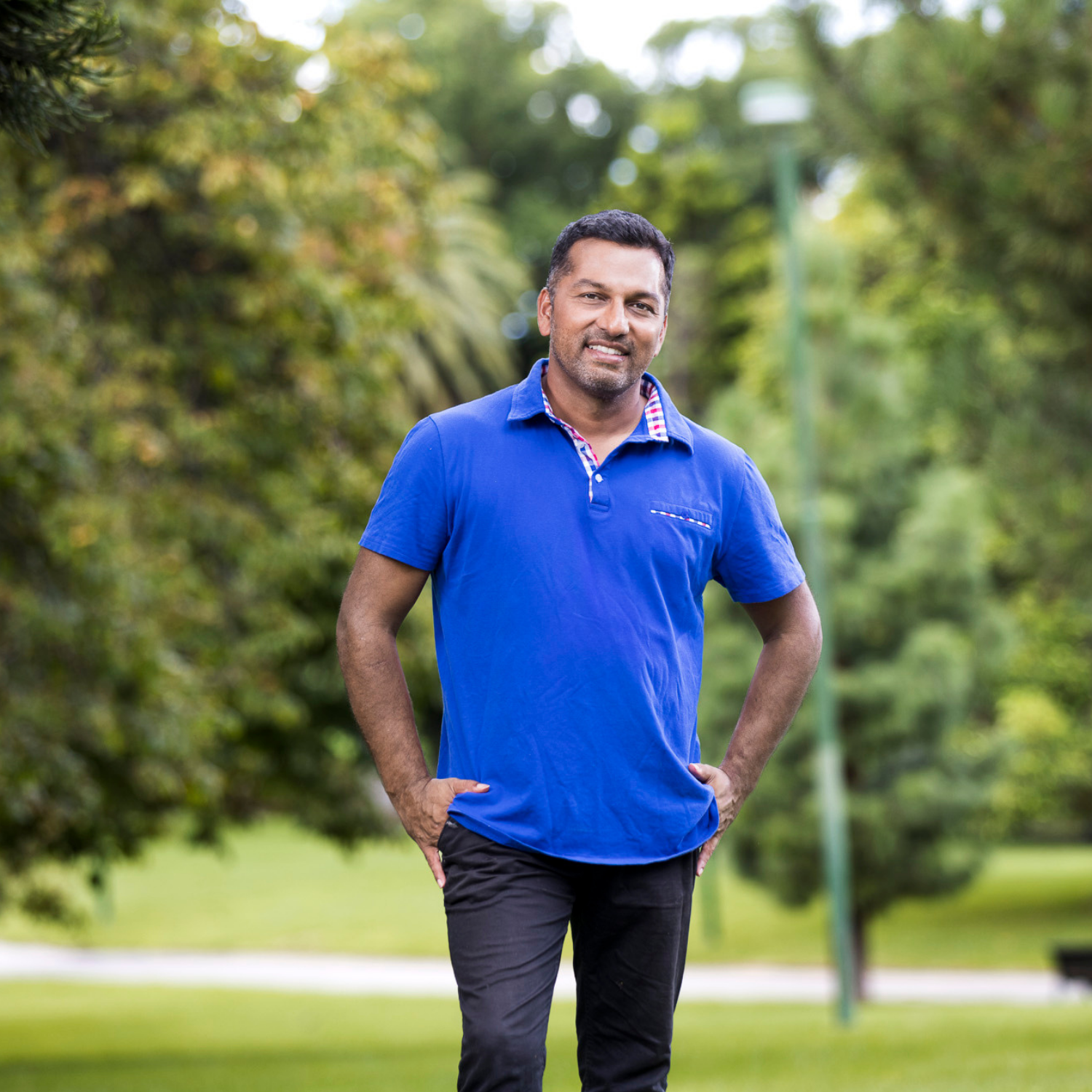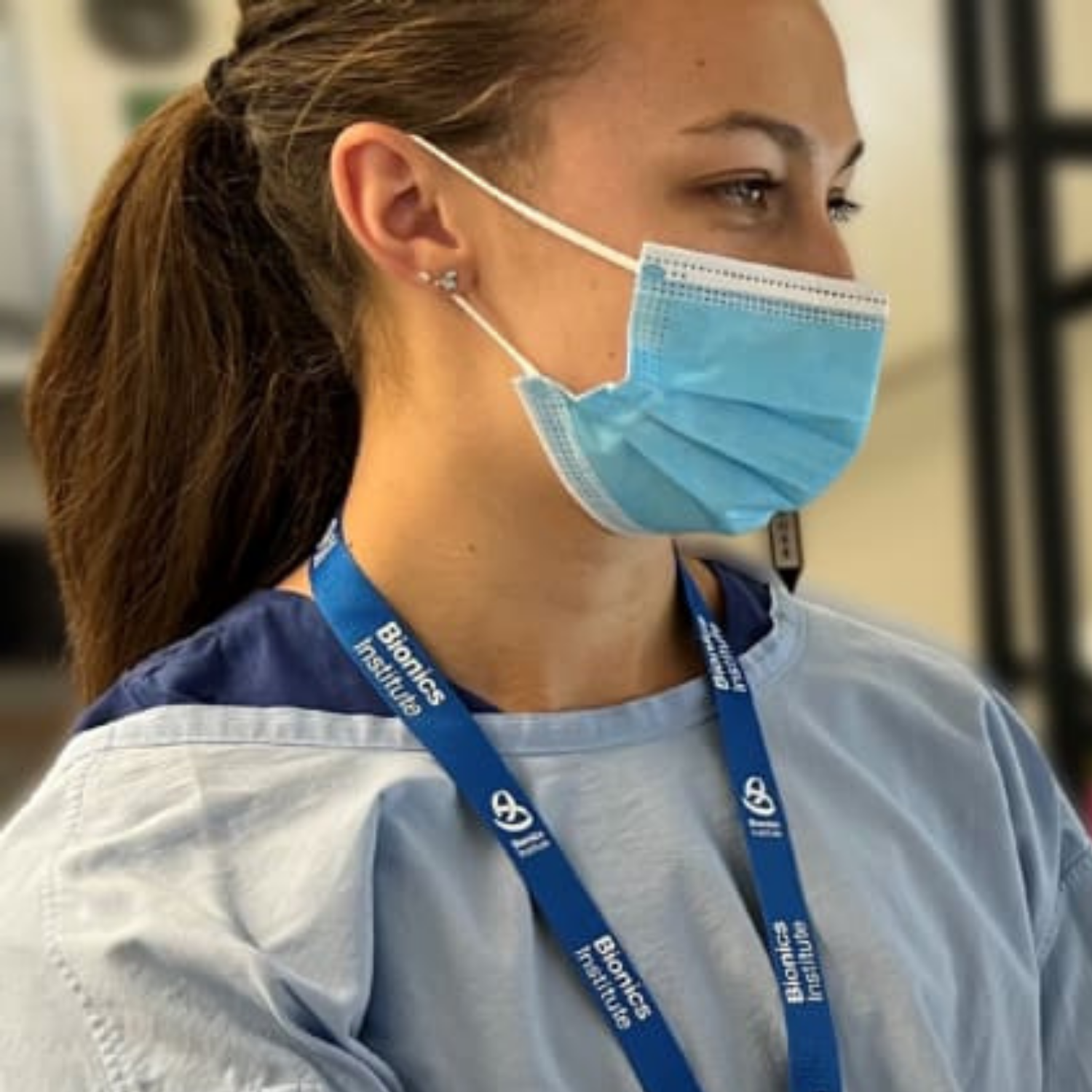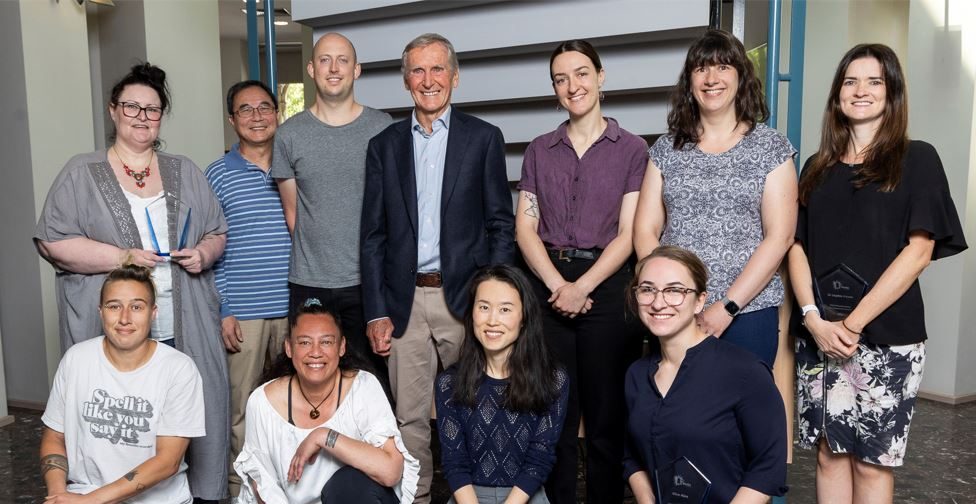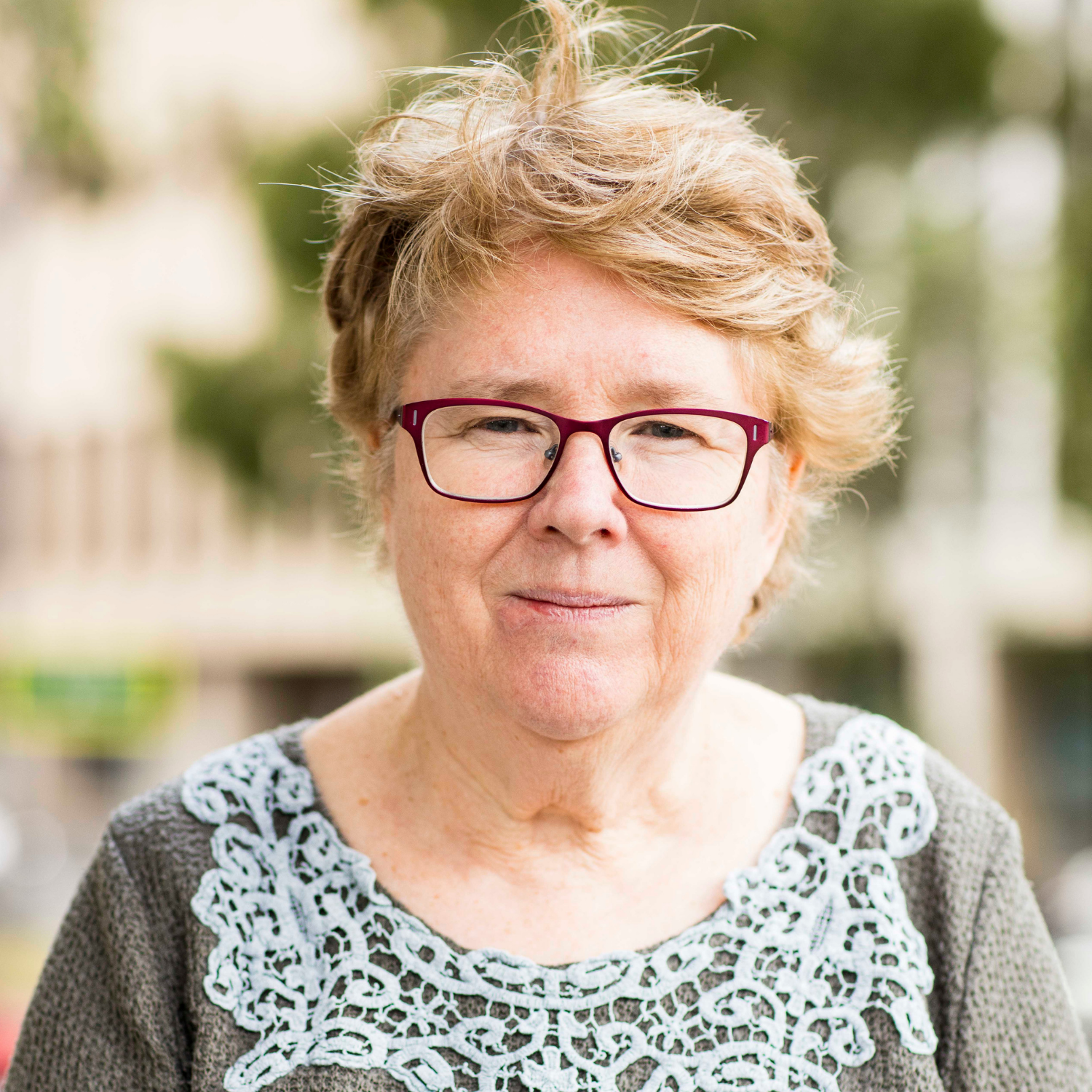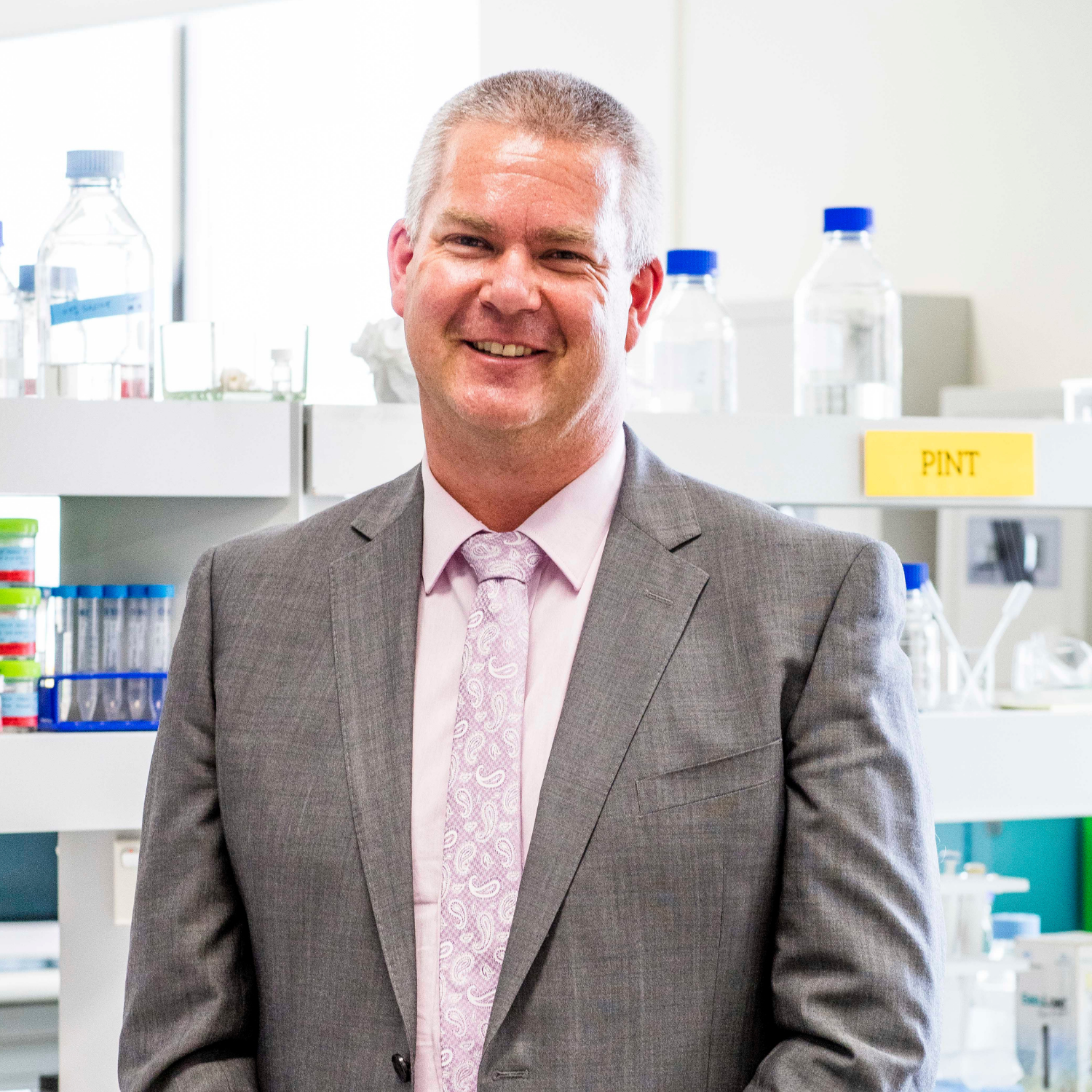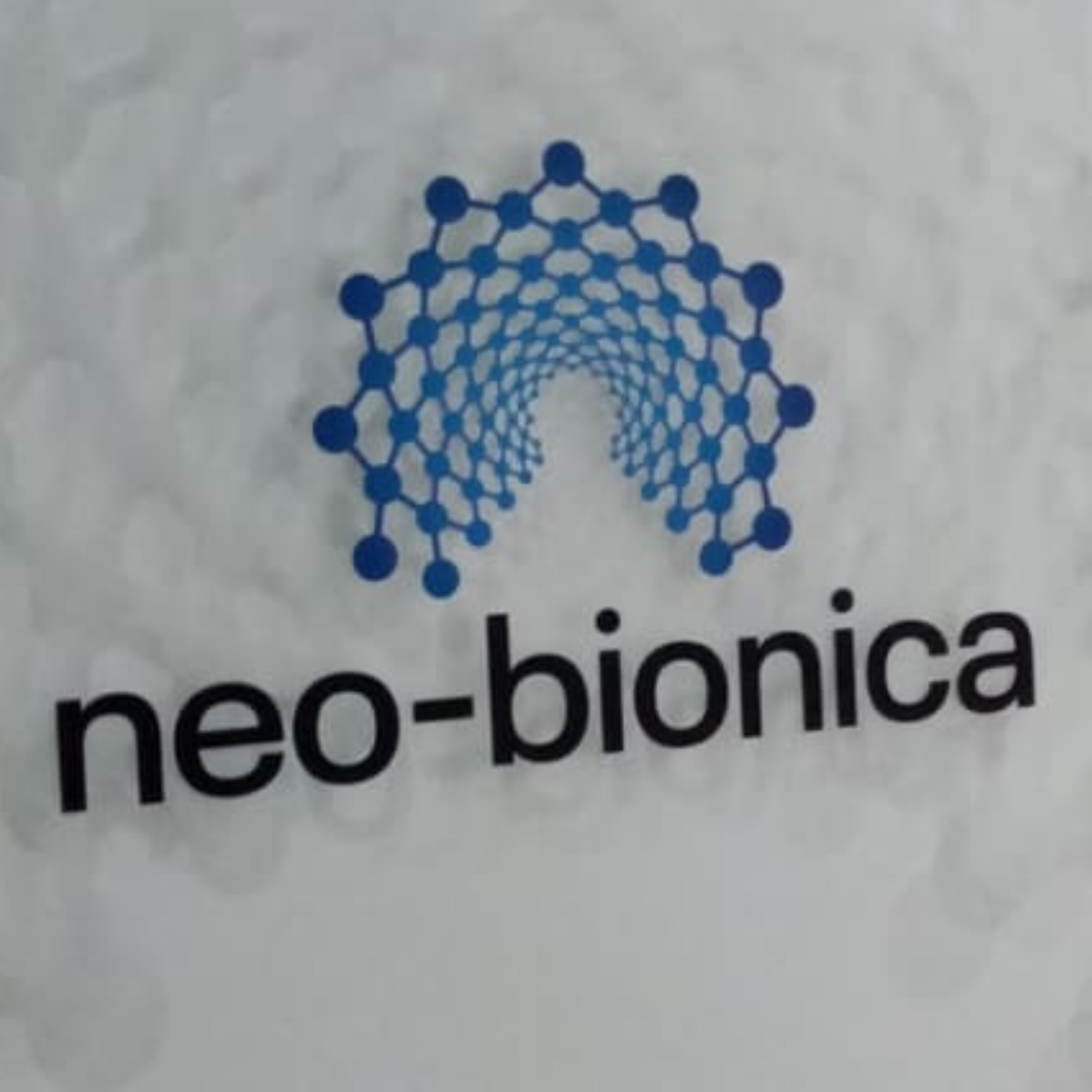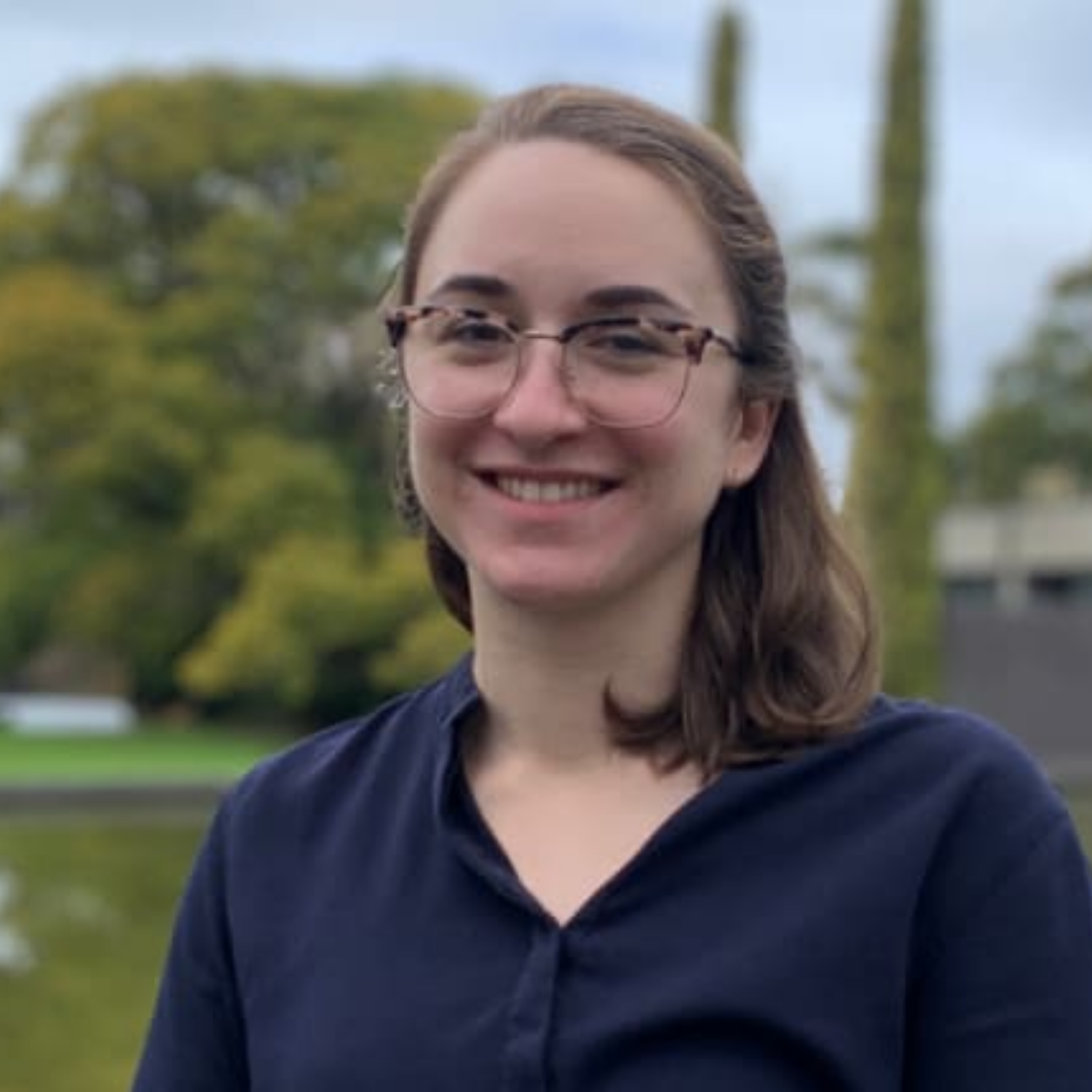In February 2020, Ishara commenced his PhD studies at the Bionics Institute in our infant hearing team.
Ishara’s PhD project, due for completion in mid-2023, is titled, ‘Using fNIRS to explore language development in infants’. The focus of this research is to develop novel techniques to measure functional connectivity in language areas of the brain using fNIRS. By developing an objective measure of connectivity, he hopes to better understand how hearing impairment affects language development in infants.
The goal of Ishara’s research is to exploit the rich source of information in connectivity measures of the brain using fNIRS and apply the findings on hearing impaired patients. This will allow clinicians to conduct more accurate and complete hearing assessments so that an appropriate hearing therapy or device can be confidently selected, evaluated and fine-tuned to optimise the outcome of each patient.
Ishara applied for a Bionics Institute PhD position after completing a Bachelor of Science of Engineering (Hons) – Electronic and Telecommunication Engineering from University of Moratuwa, Sri Lanka, and working as a full-time researcher for four years.
This research role was with the Robotics Innovation Laboratory (RIL) at Singapore University of Technology and Design (SUTD), Singapore. During his time at SUTD, Ishara worked on several multidisciplinary projects including the development of a vision-guided cell micro-manipulation system and an ultrasound image-guided robot-assisted visual-serving system for PCNL surgery.
Ishara has been fascinated by the complexity of the human brain since he was young. A few years ago, when he was a final year student at university, Ishara developed an interest to further discover this field of research. While exploring his options for postgraduate studies, he came across the good work the Bionics Institute has done in the fields of vision and hearing impairment research and found that his research interests greatly align with that of the Bionics Institute.
Recent achievements
In late 2022, Ishara was invited to speak at the MedTech Actuator Showcase 2022 about his experience as a MedTech Actuator Menzies Scholarship recipient.
An initiative of the MedTech Actuator and the Menzies Foundation, the Scholarship Program supports the academic development of 10 high potential PhD researchers annually.
In June 2022, Ishara was awarded the first prize for “Overall Best Paper” category in the Student Conference/Journal Paper Competition by the Institute of Electrical and Electronics Engineers (IEEE) Victorian Section.
Read Ishara’s winning paper: Reducing false discoveries in resting state functional connectivity using short channel correction: an fNIRS study https://doi.org/10.1117/1.NPh.9.1.015001
The Bionics Institute is in the forefront of developing innovative translational medical technologies to improve the quality of life of patients with chronic conditions. The cross-disciplinary approach of the research at Bionics Institute brings together experts from different fields and backgrounds. This makes the Institute a really exciting place for me to be a part of. Ishara Paranawithana


